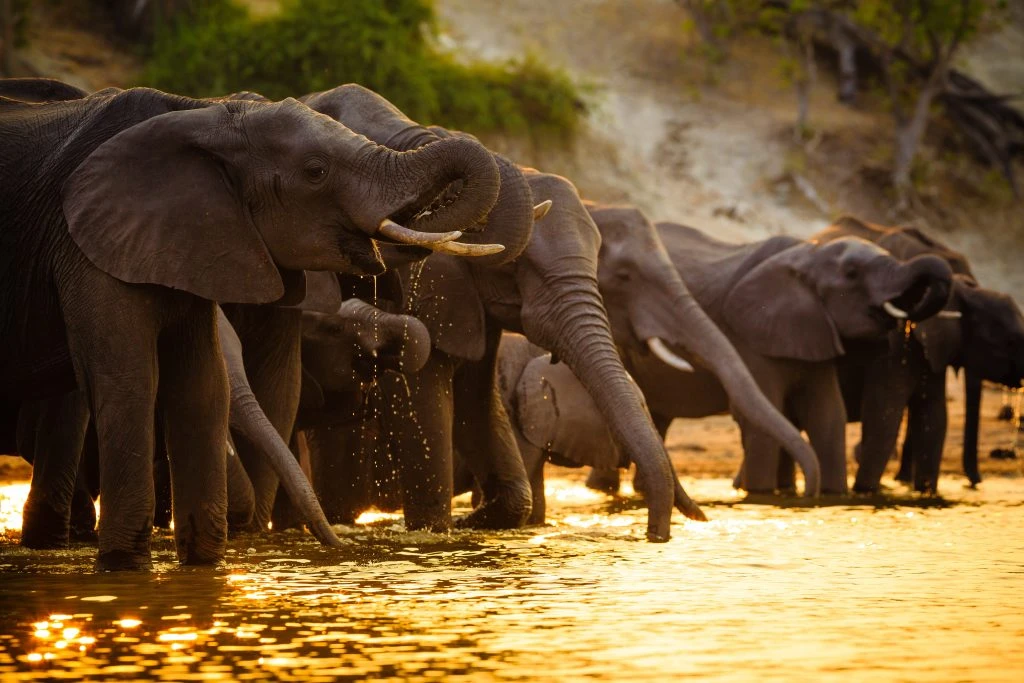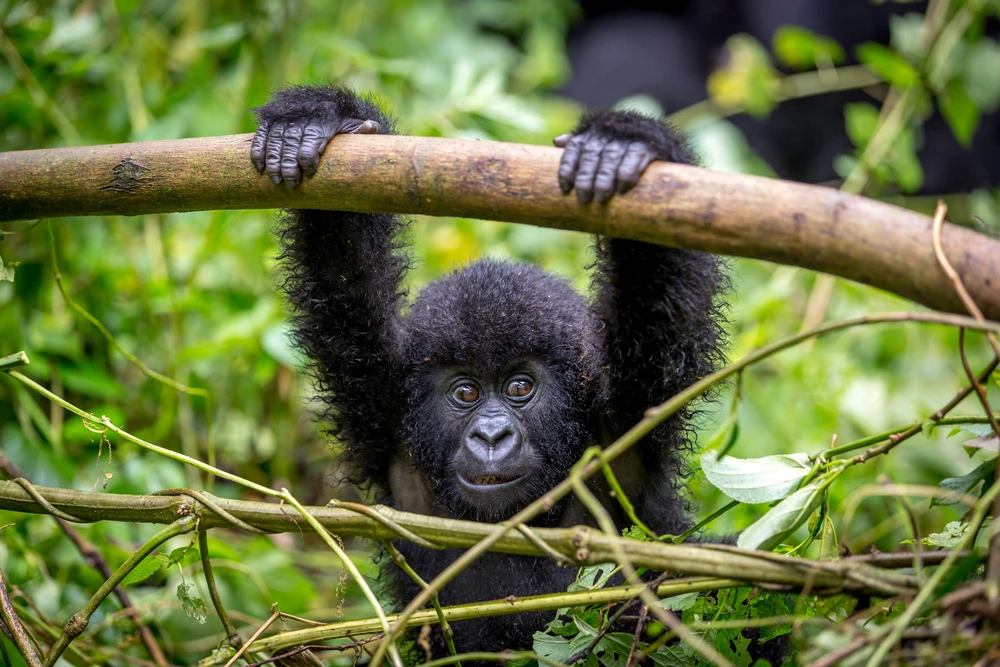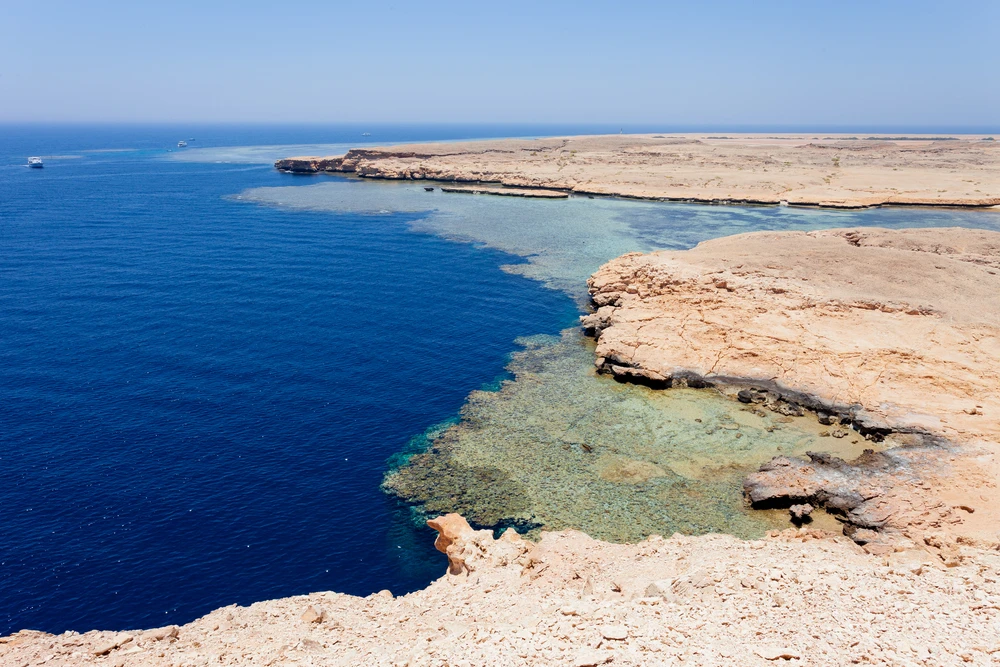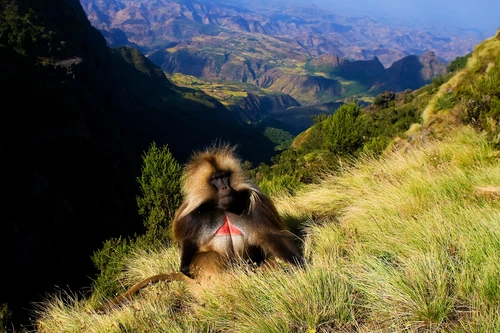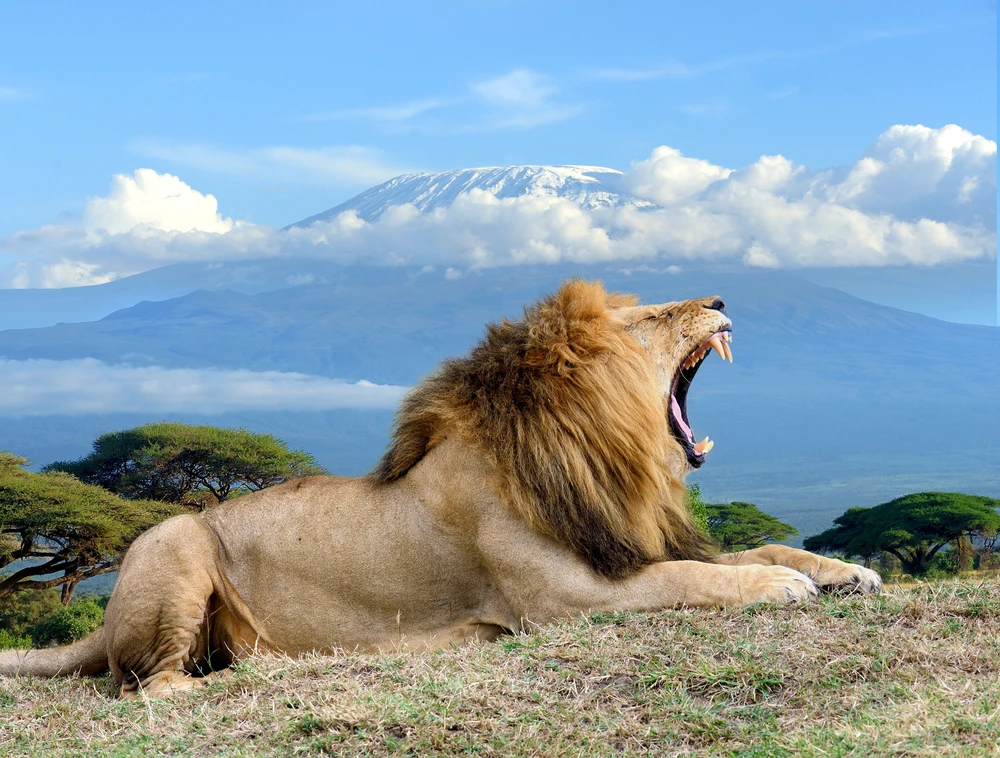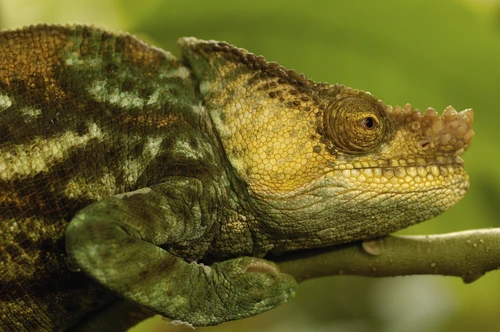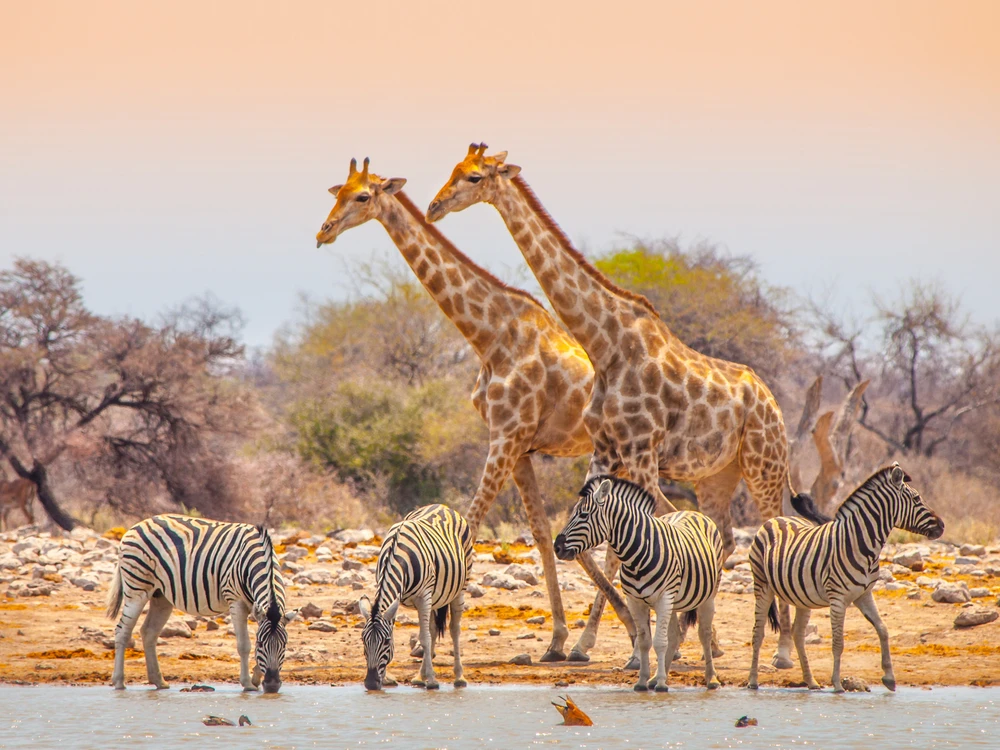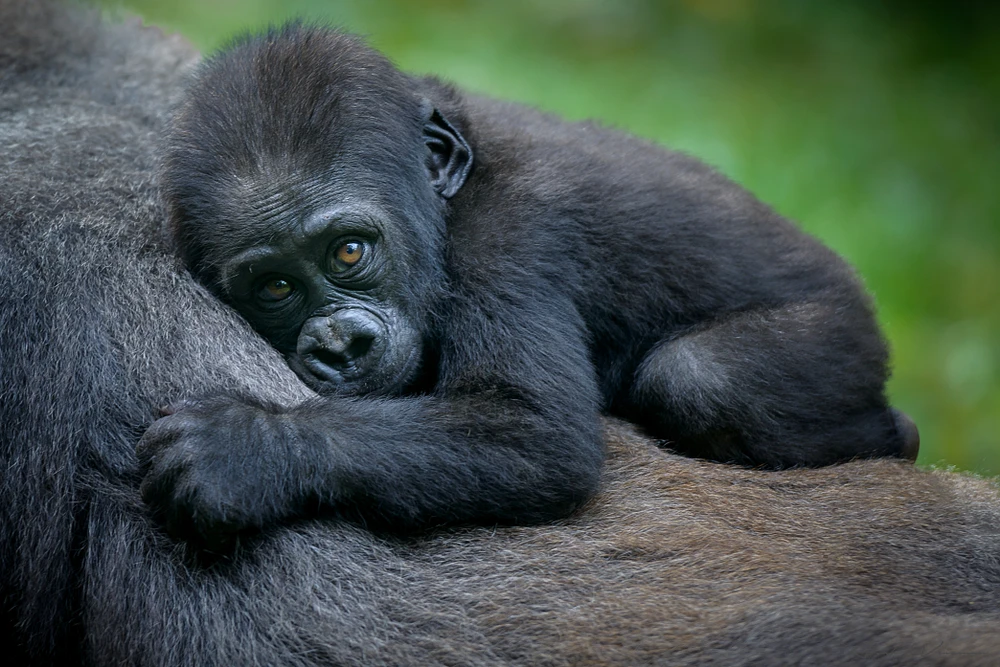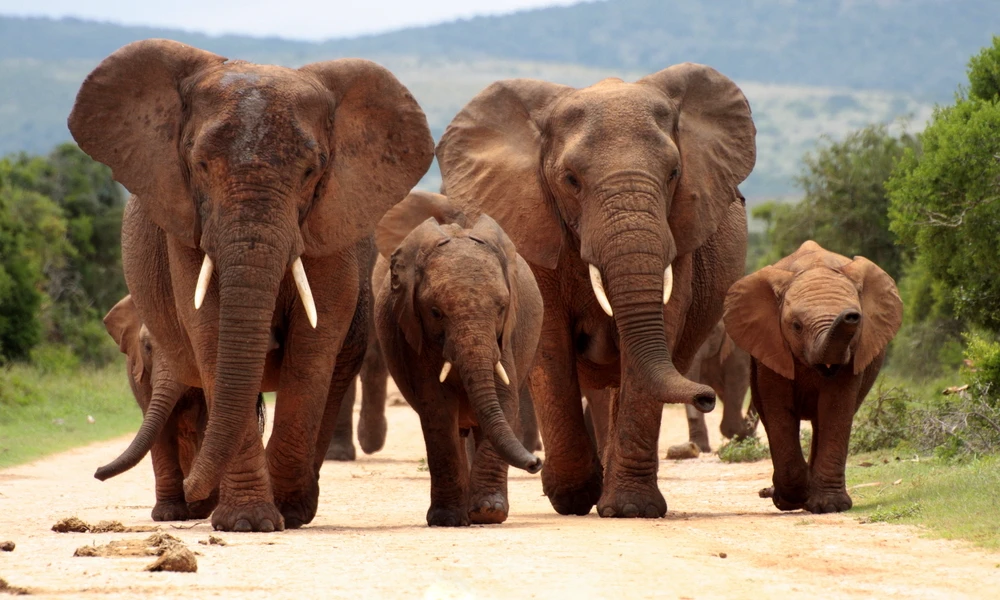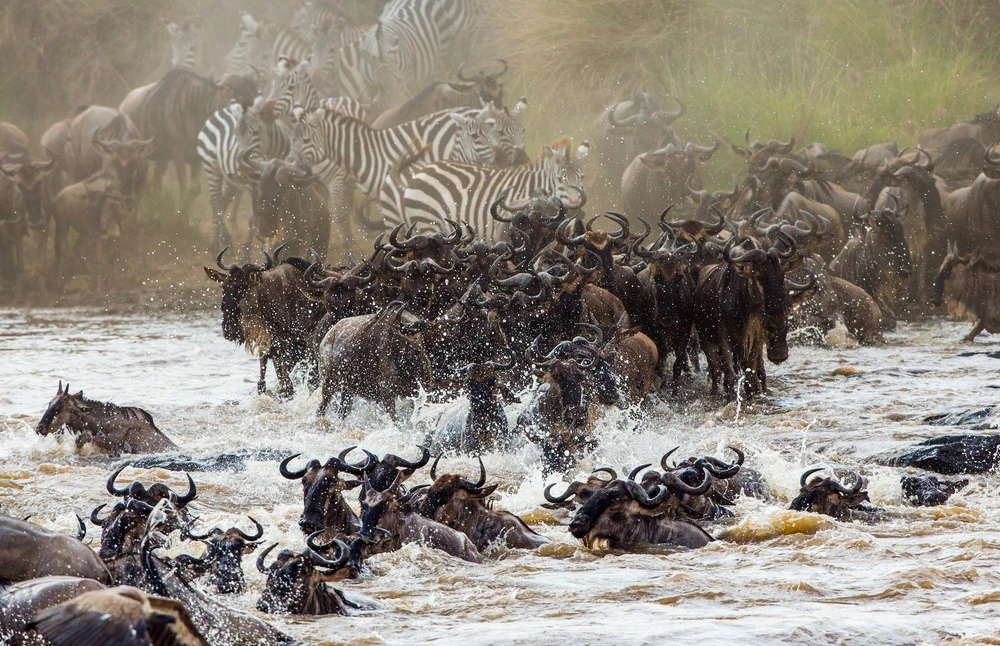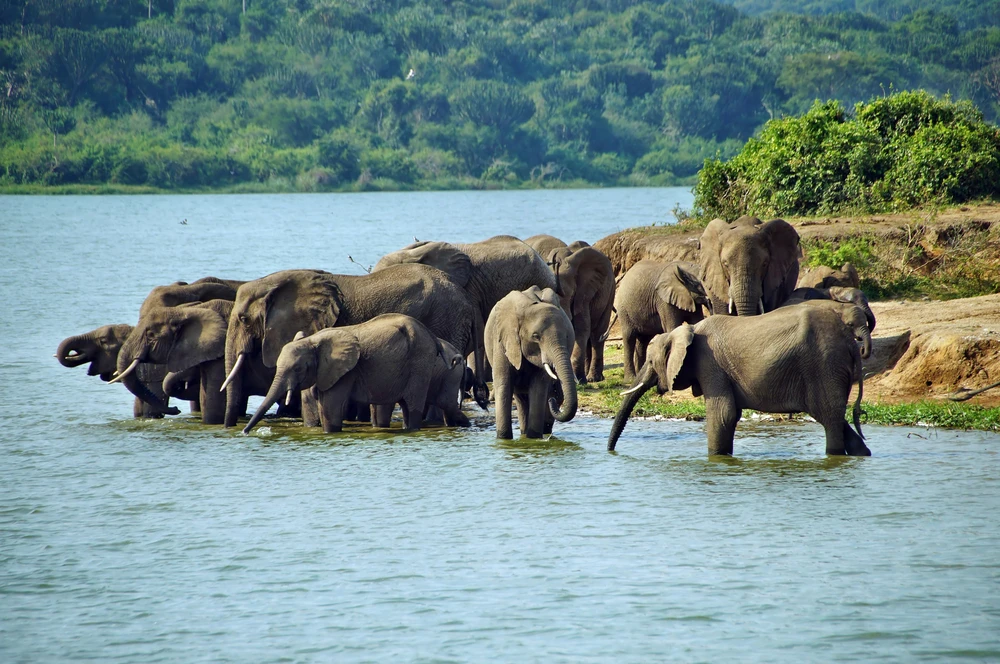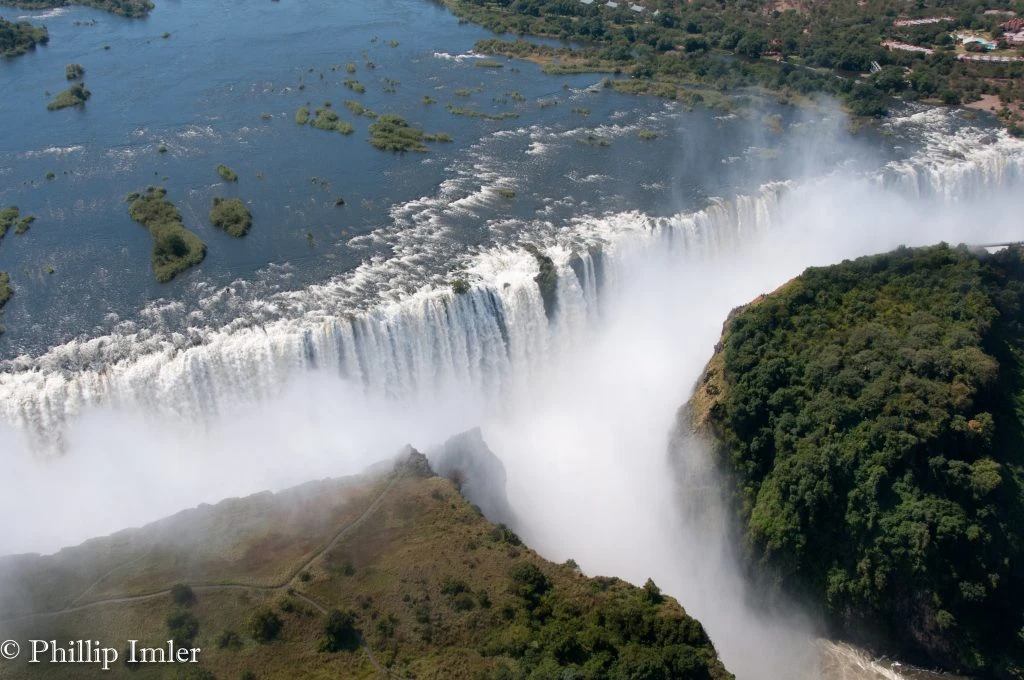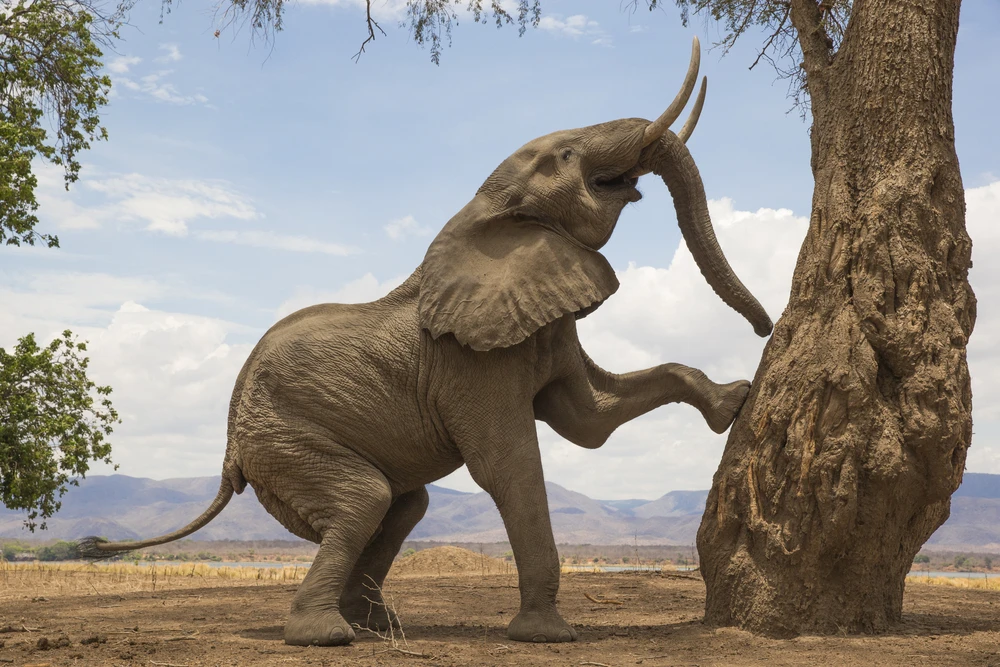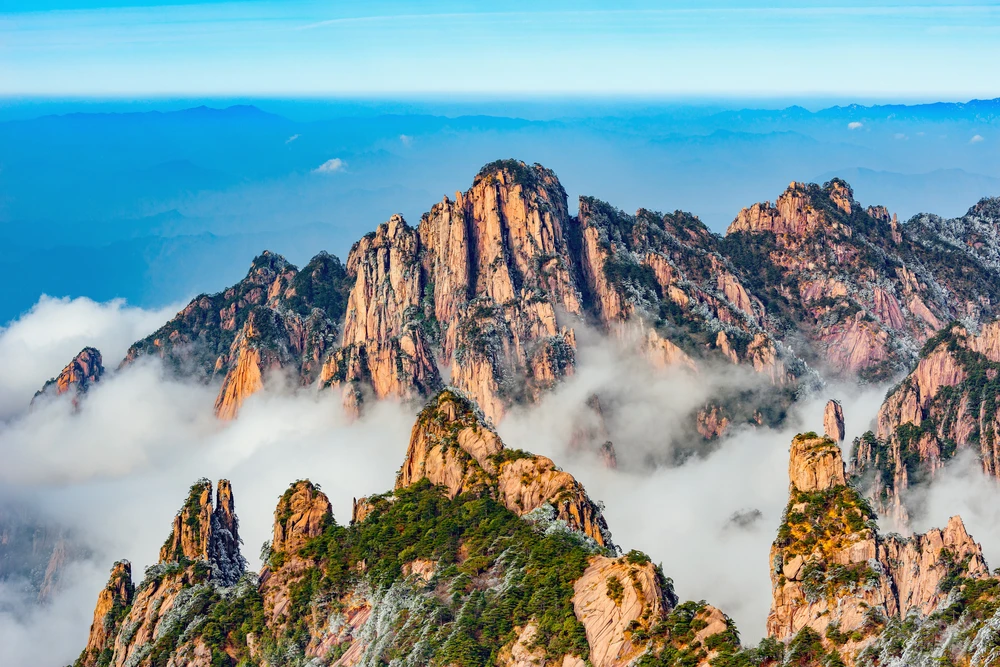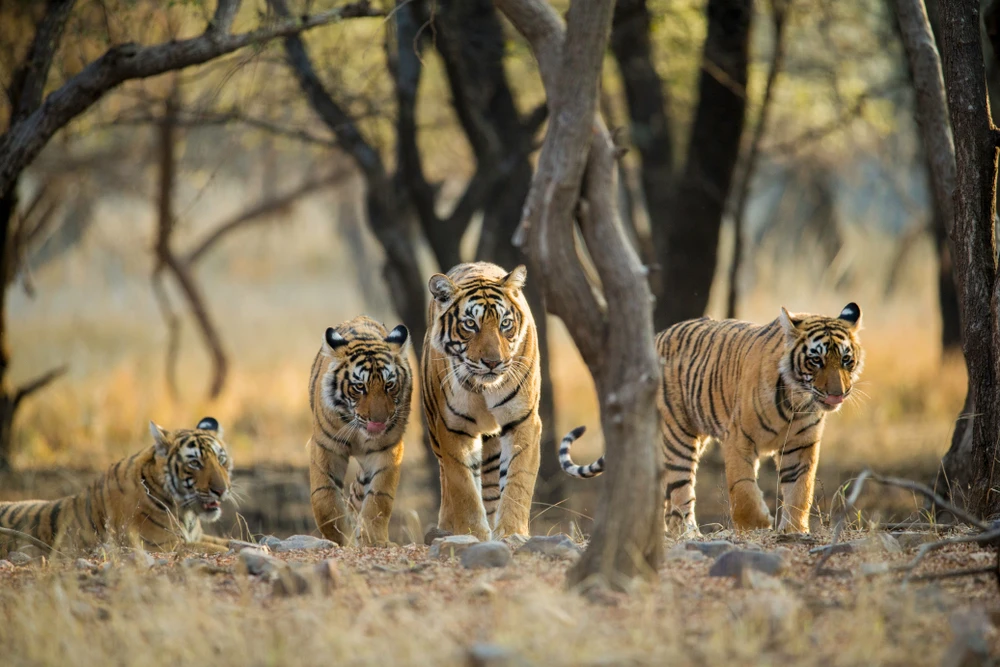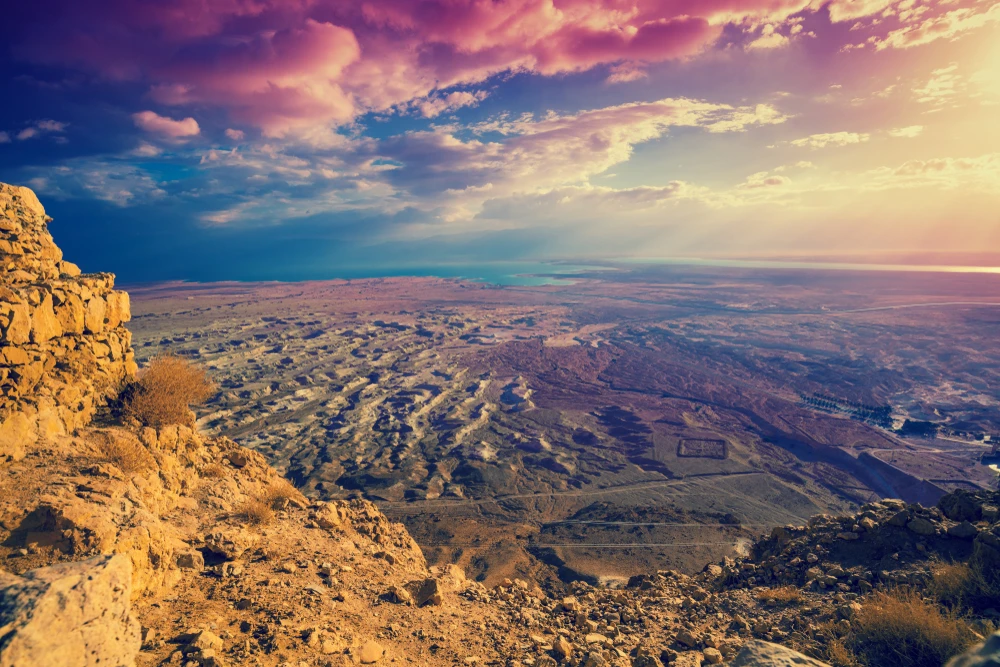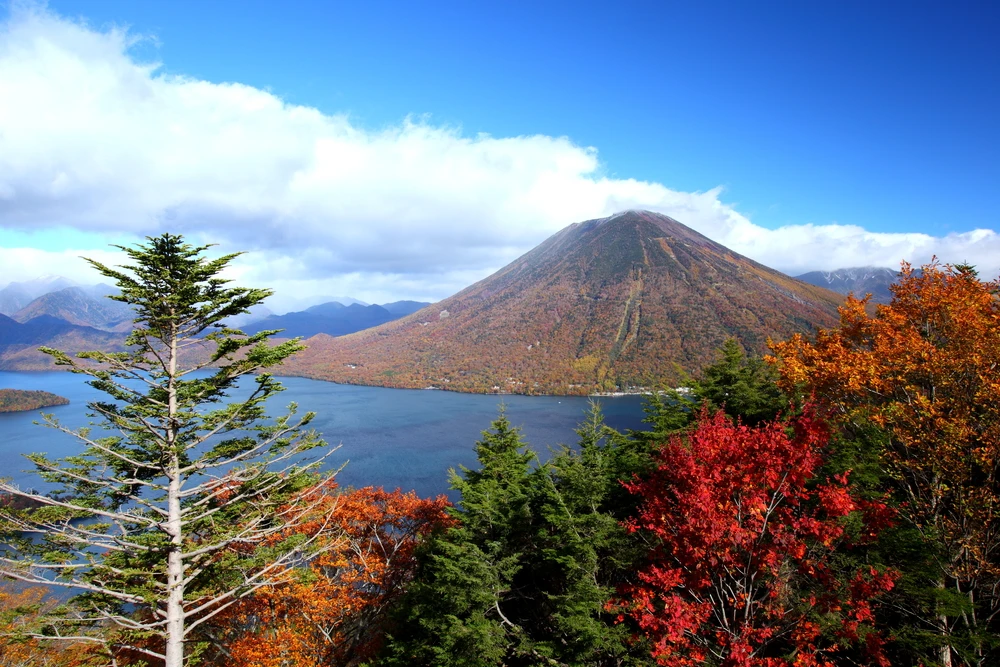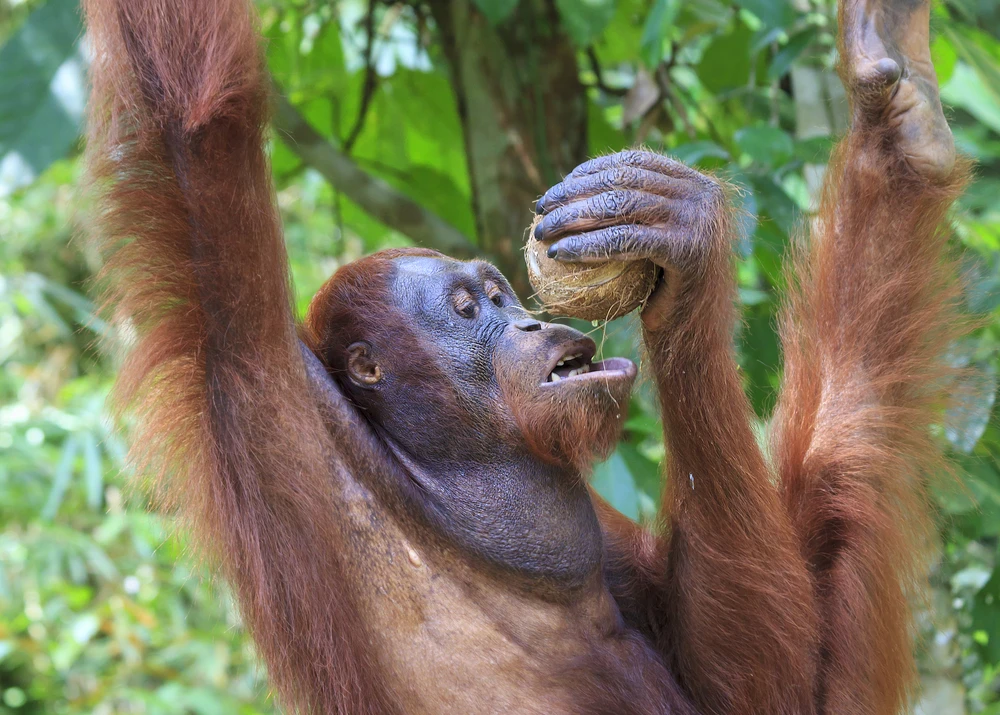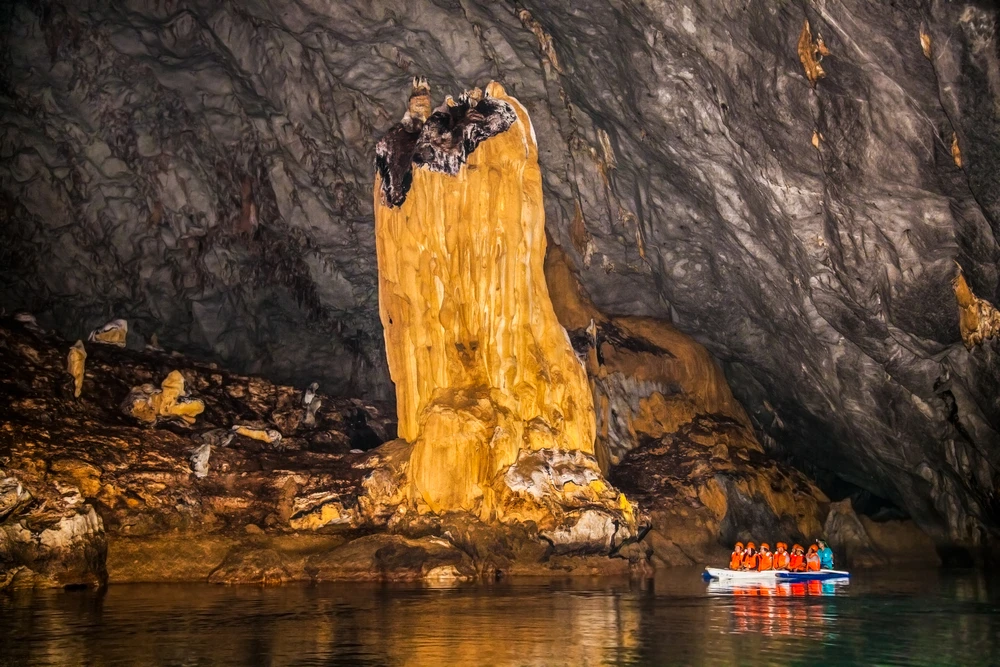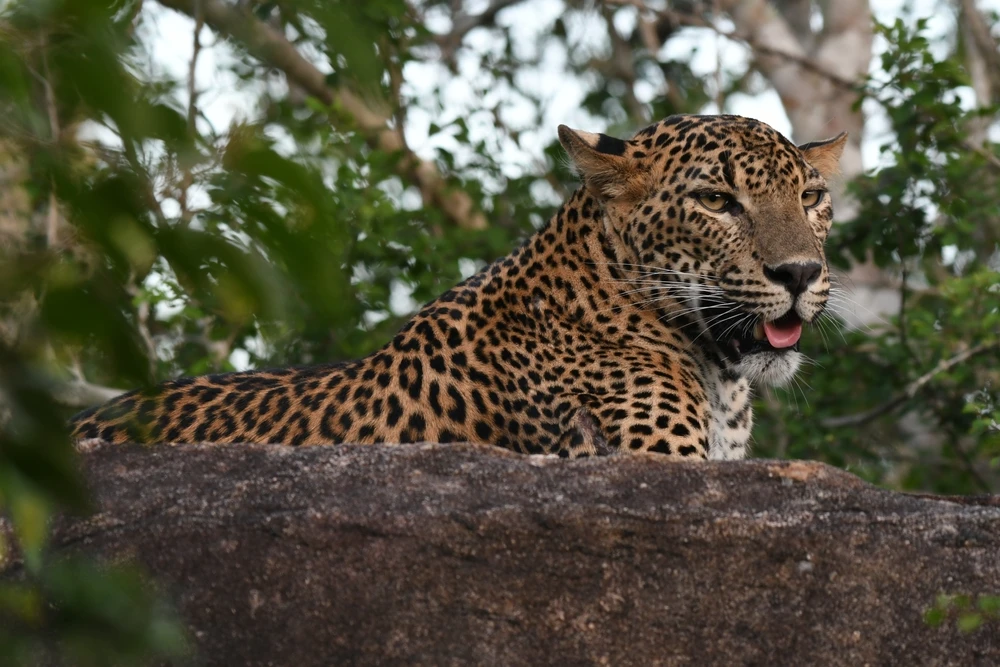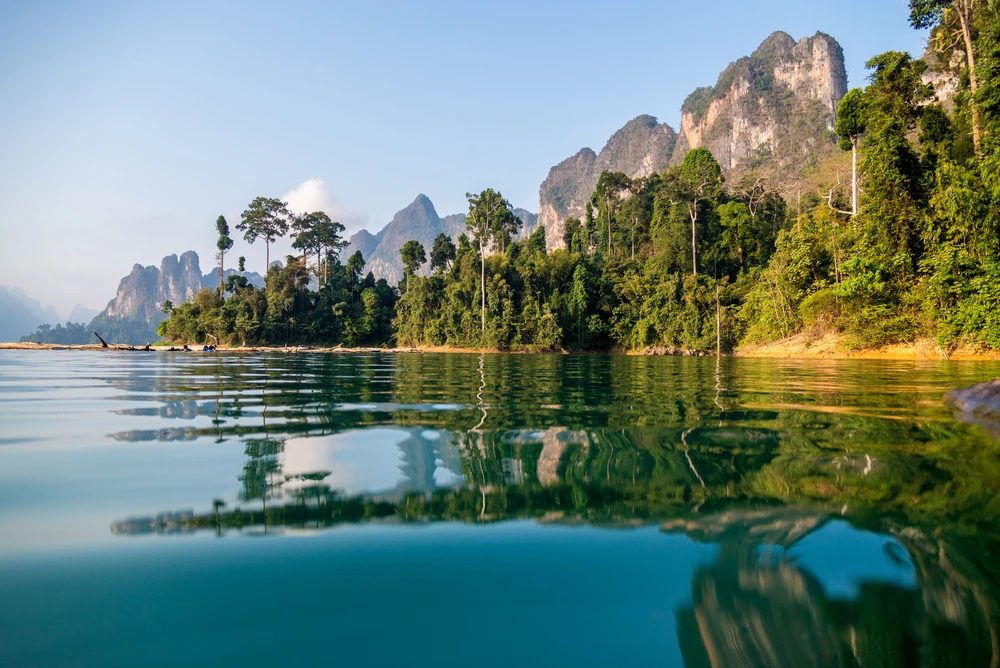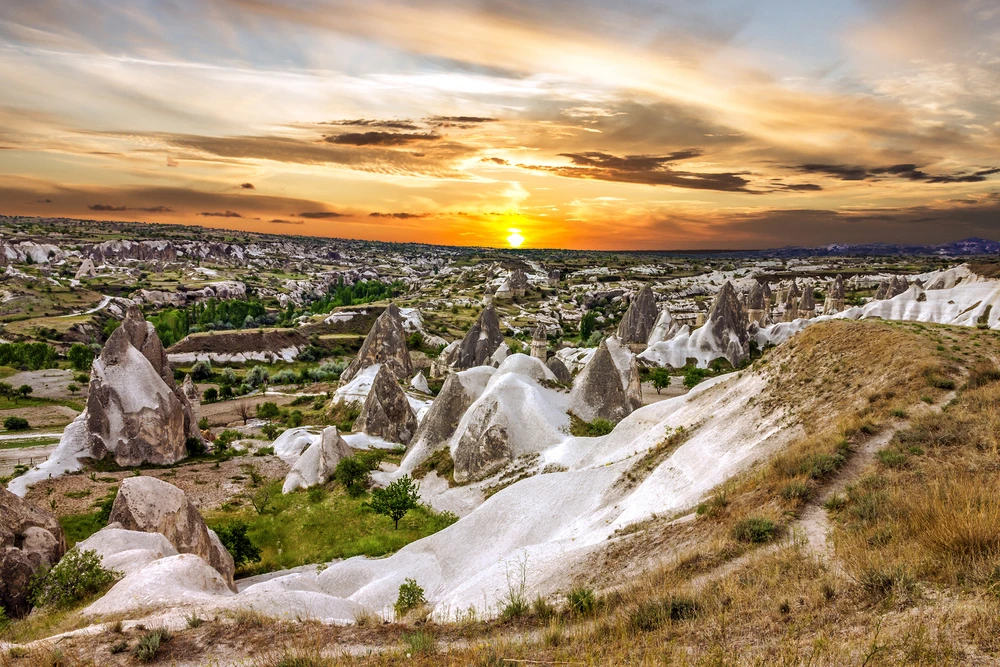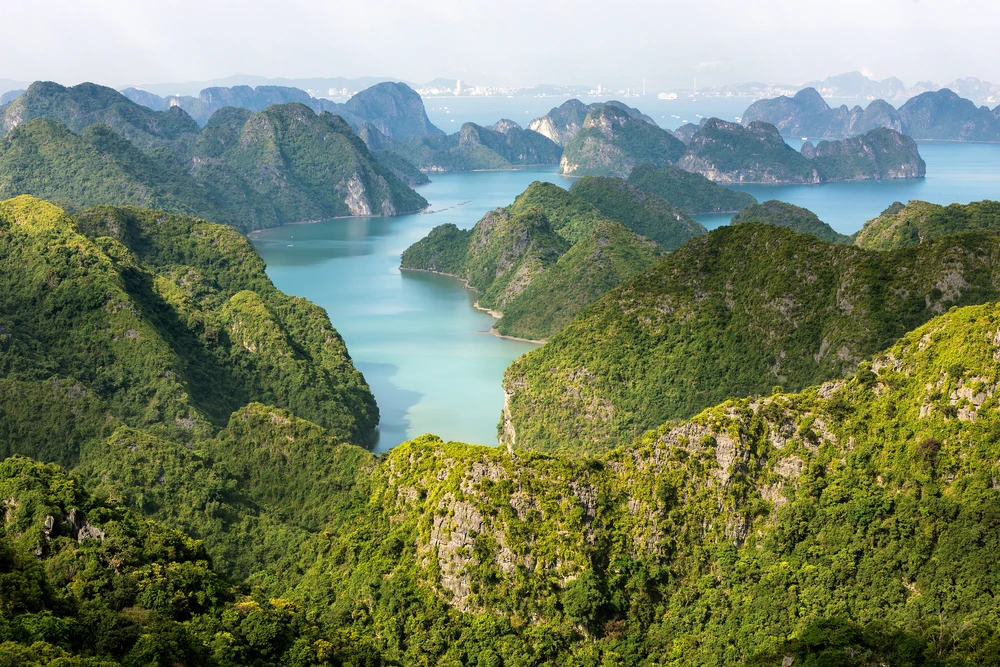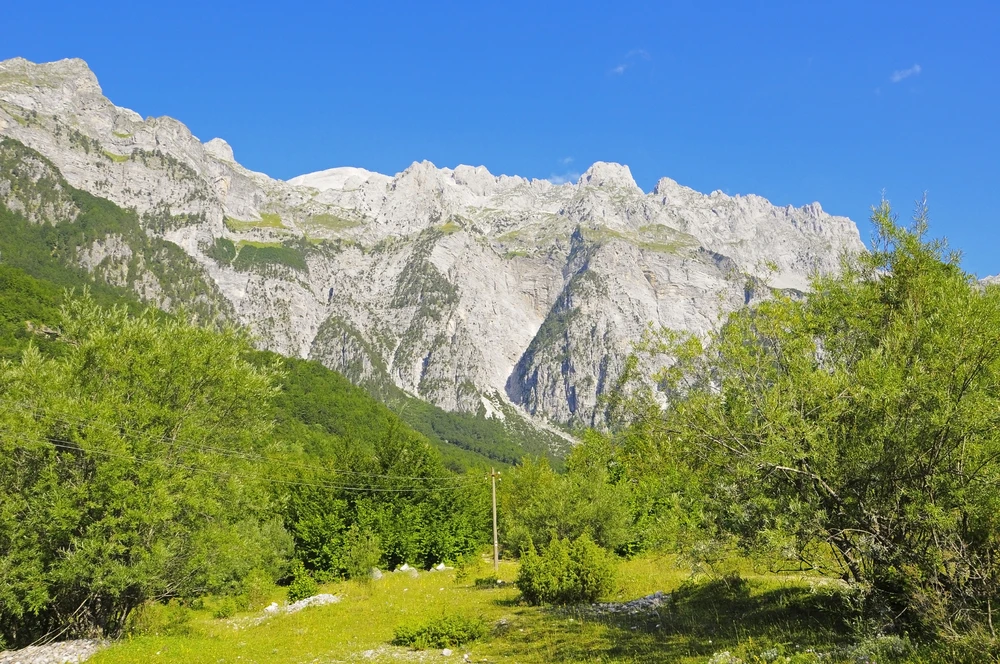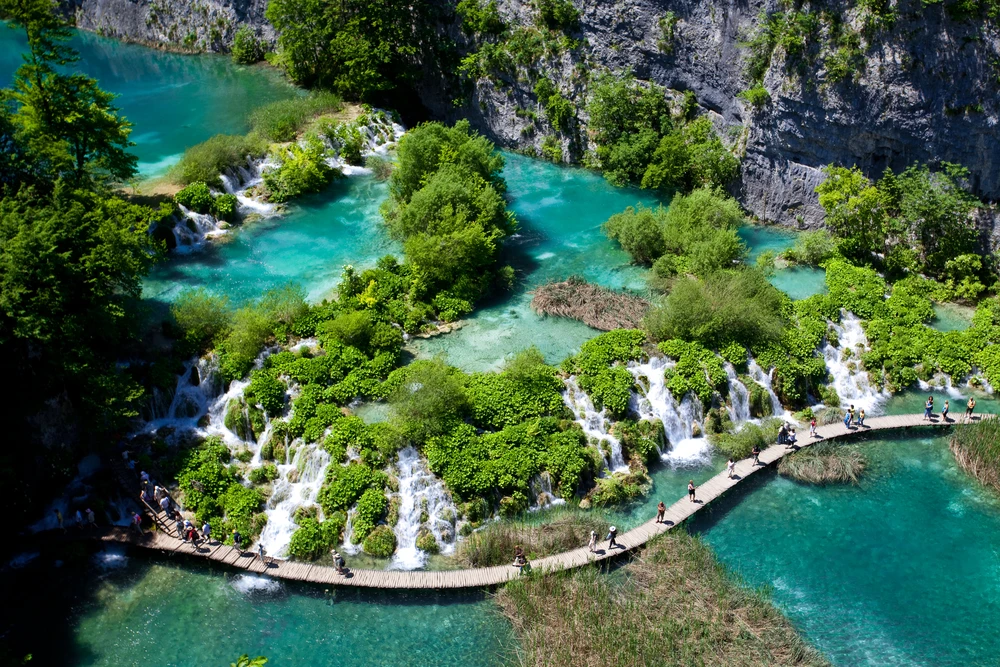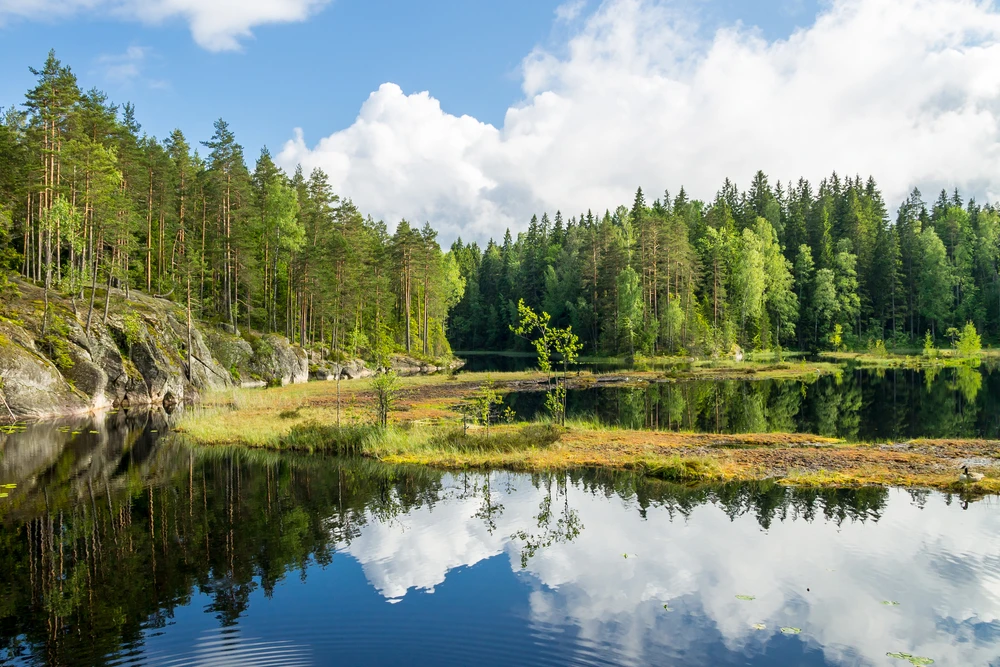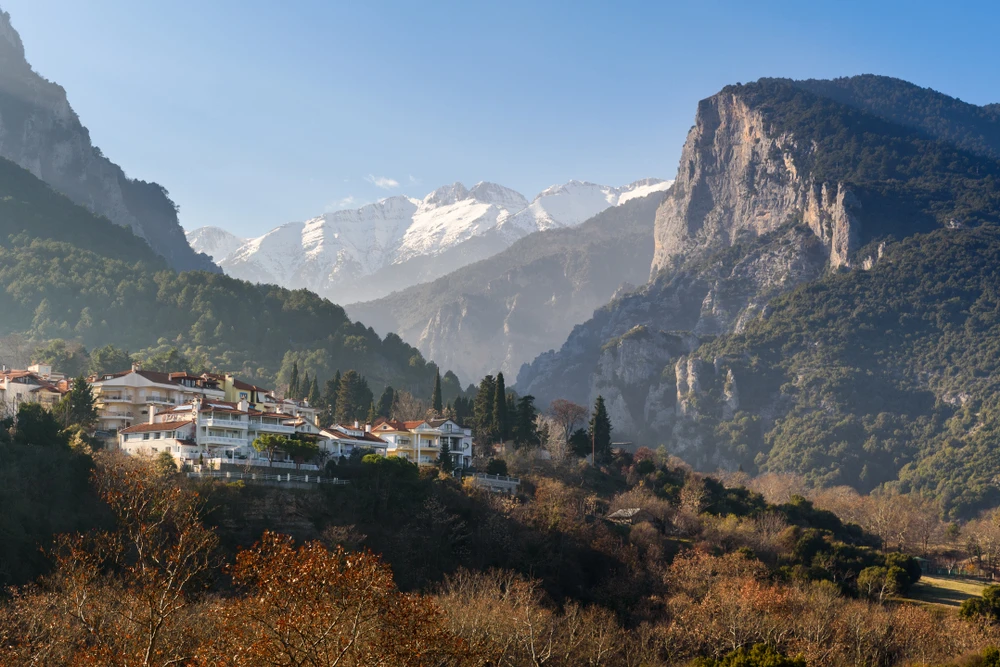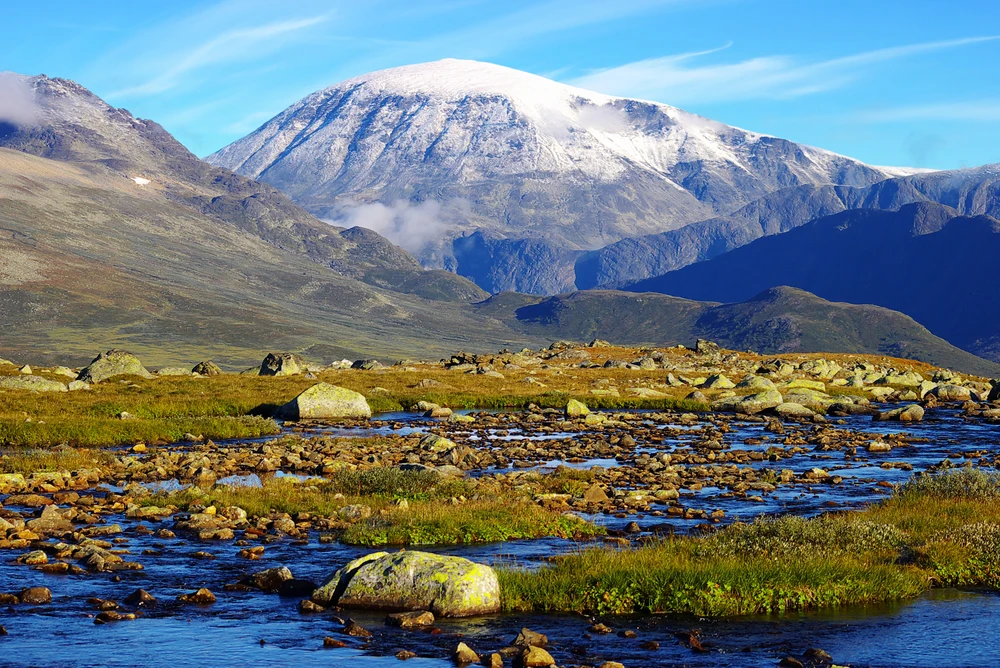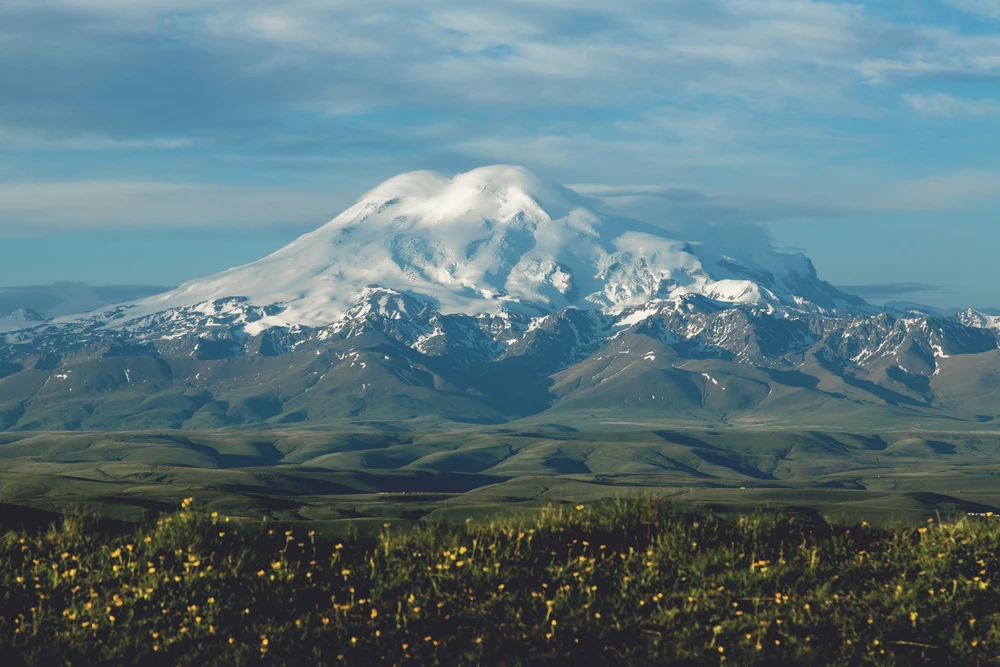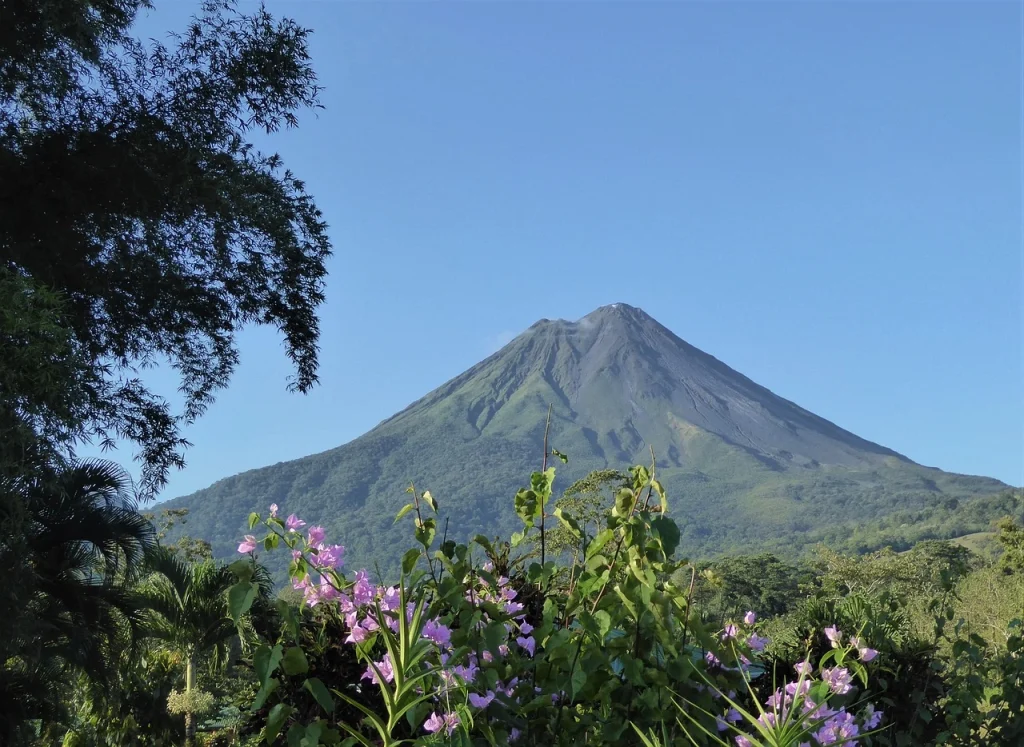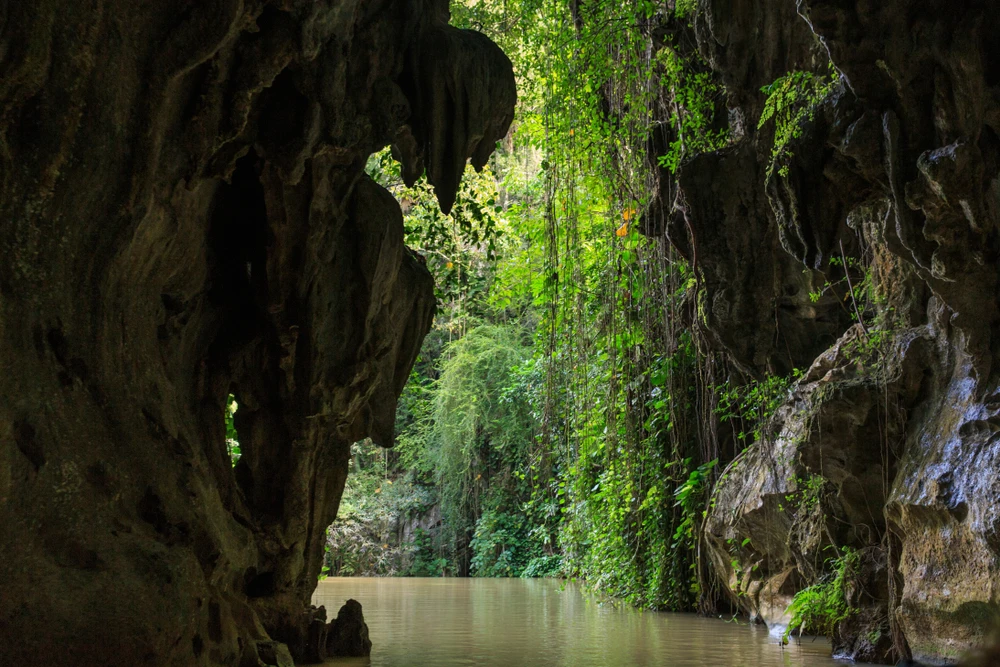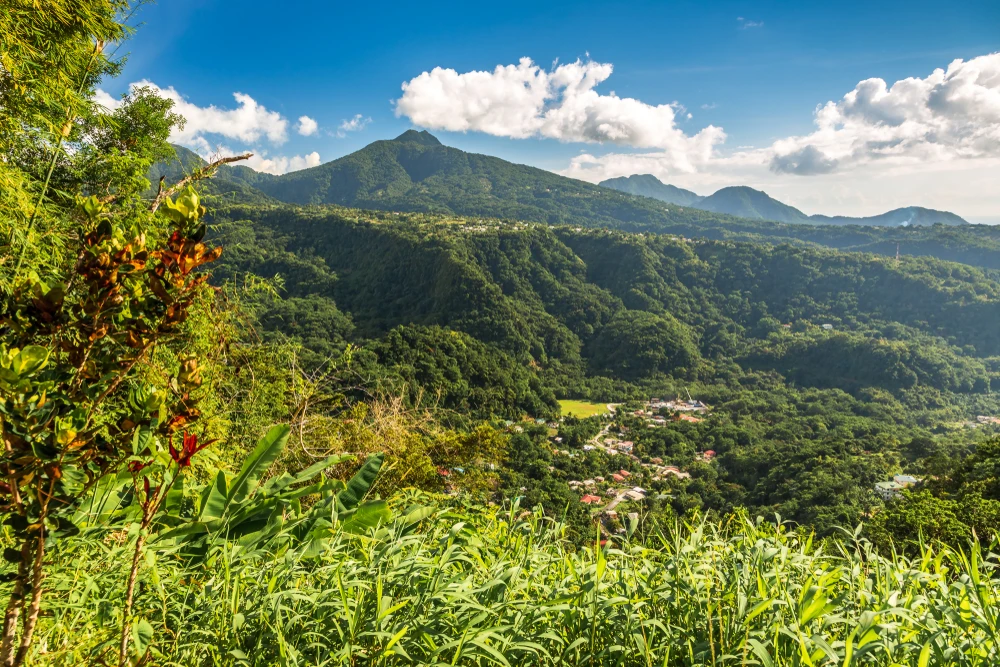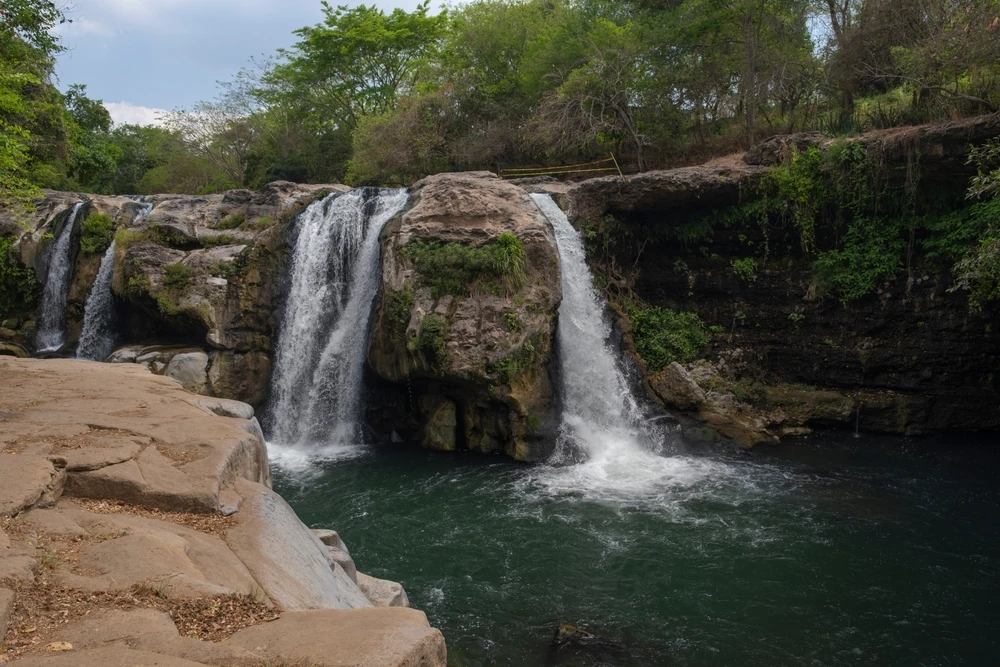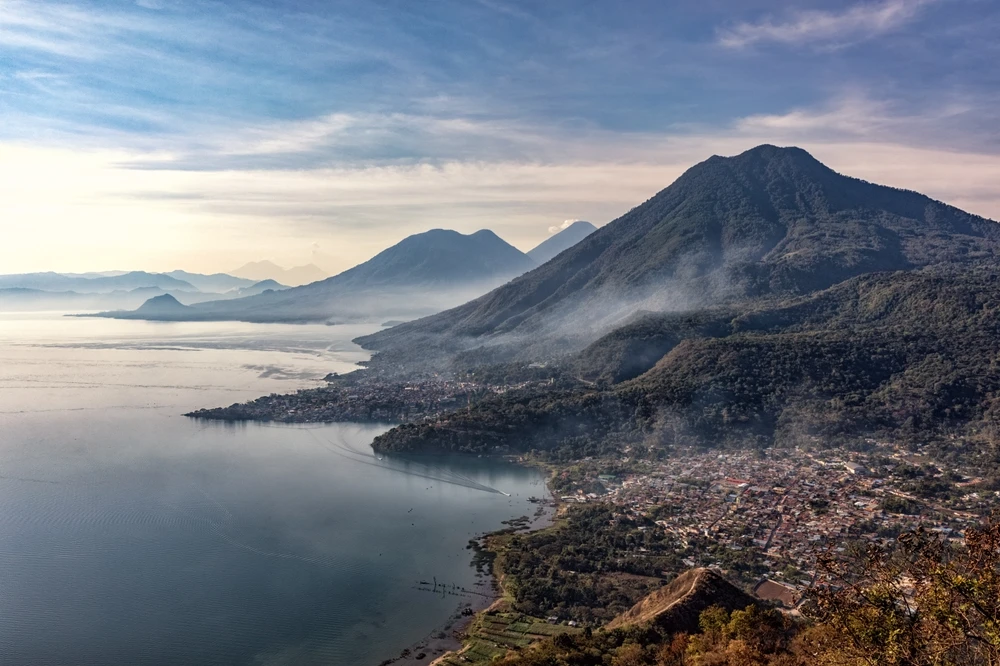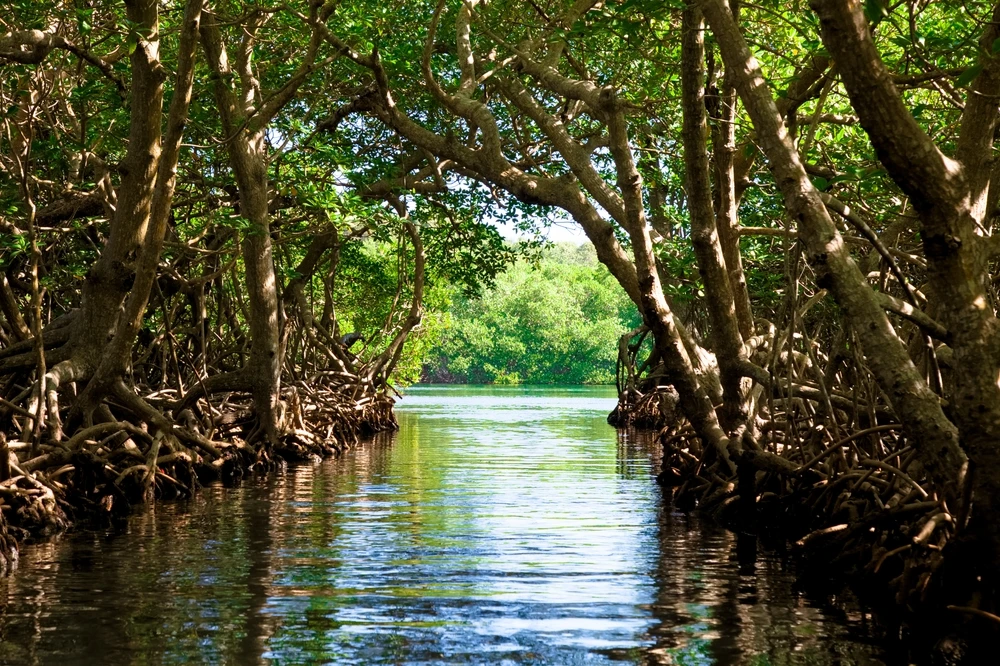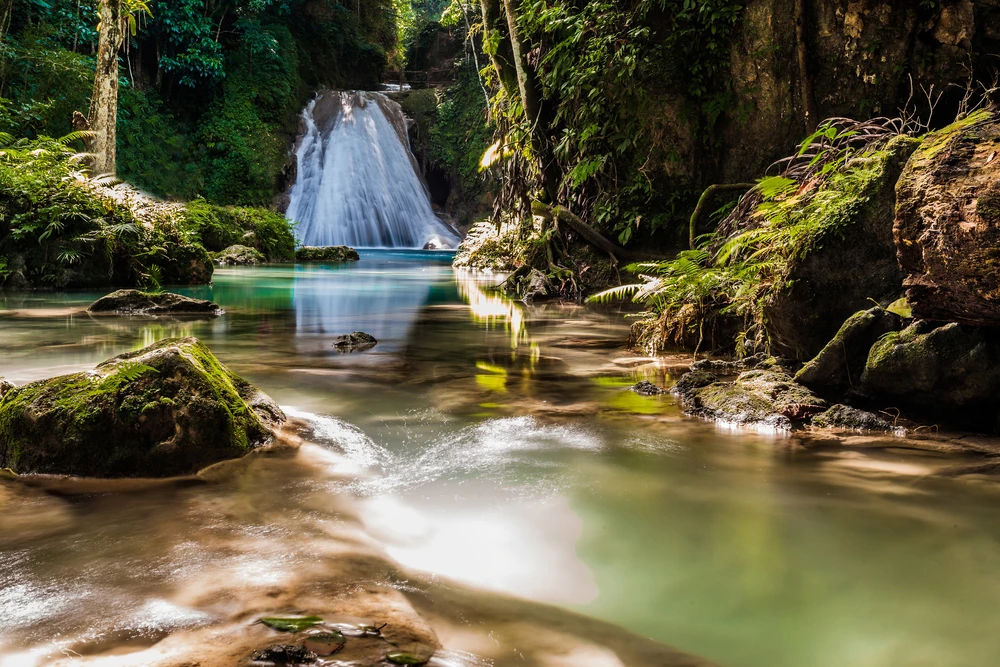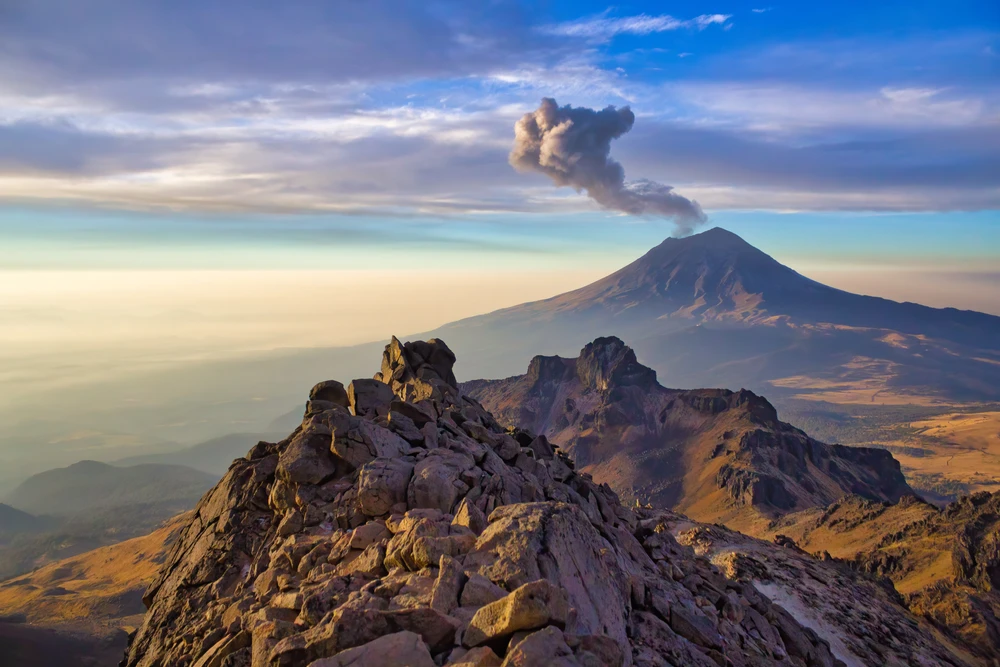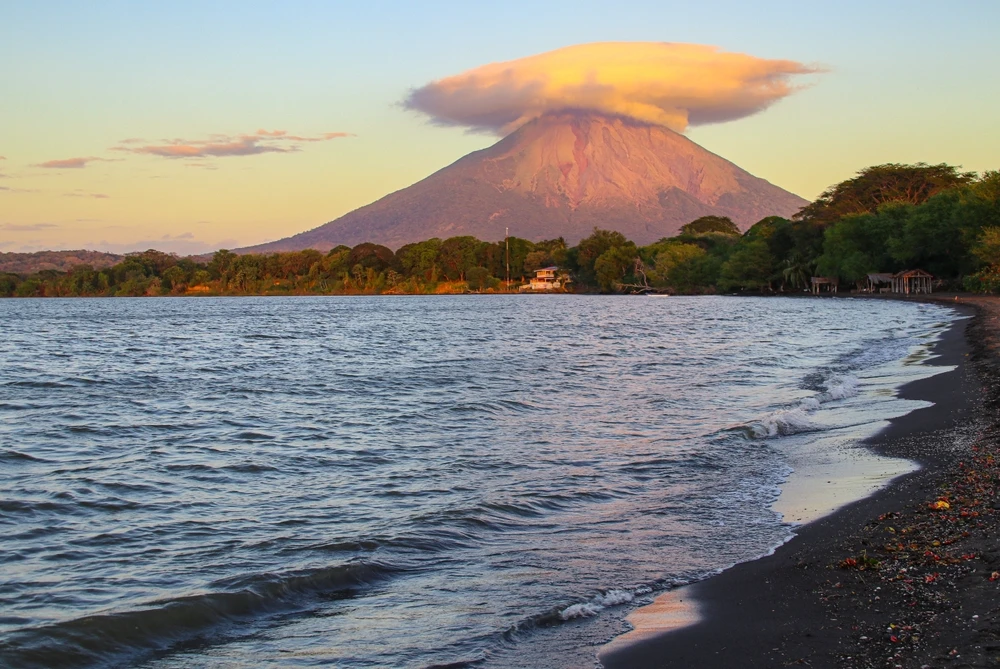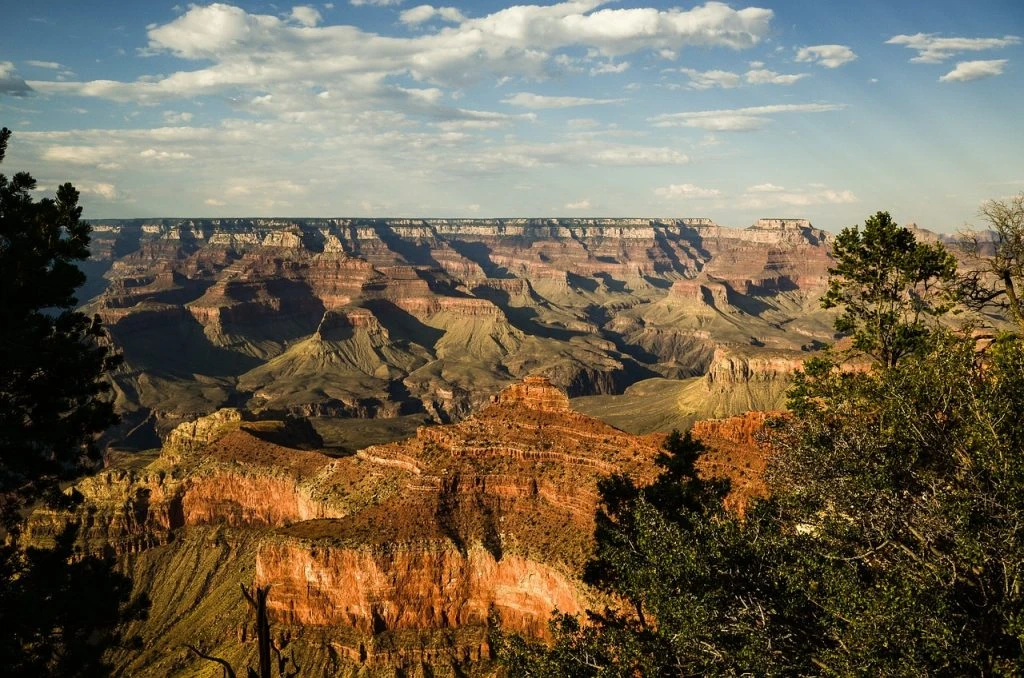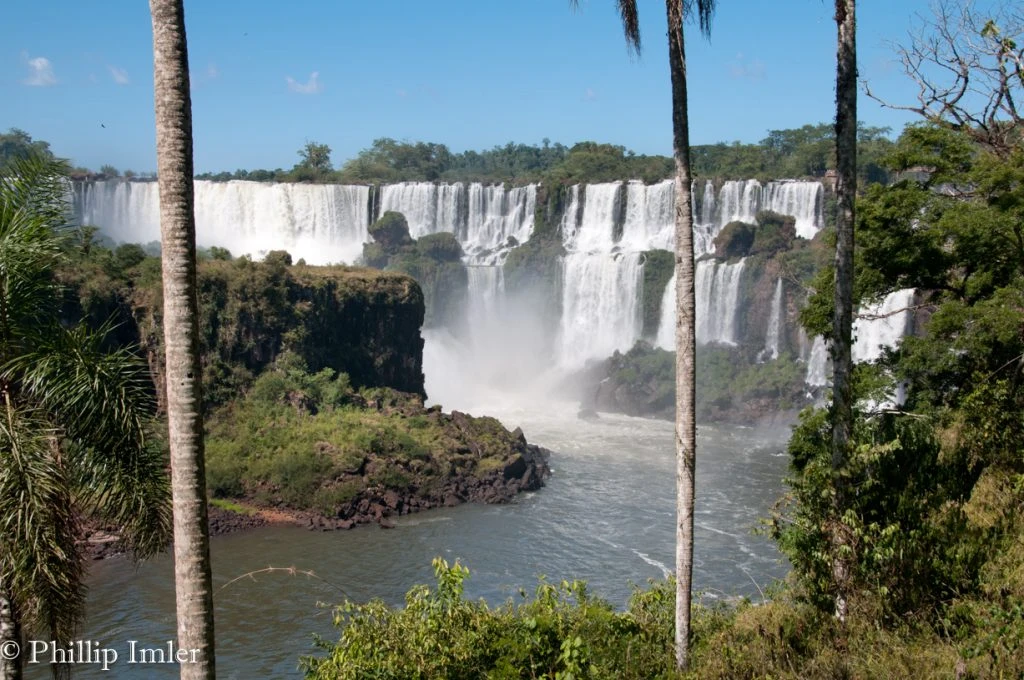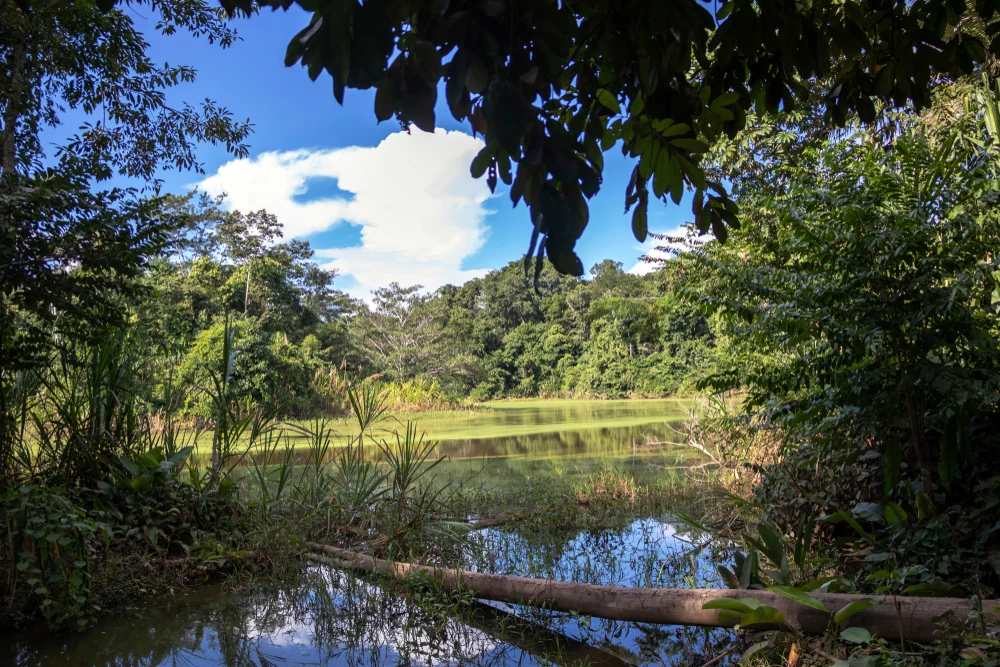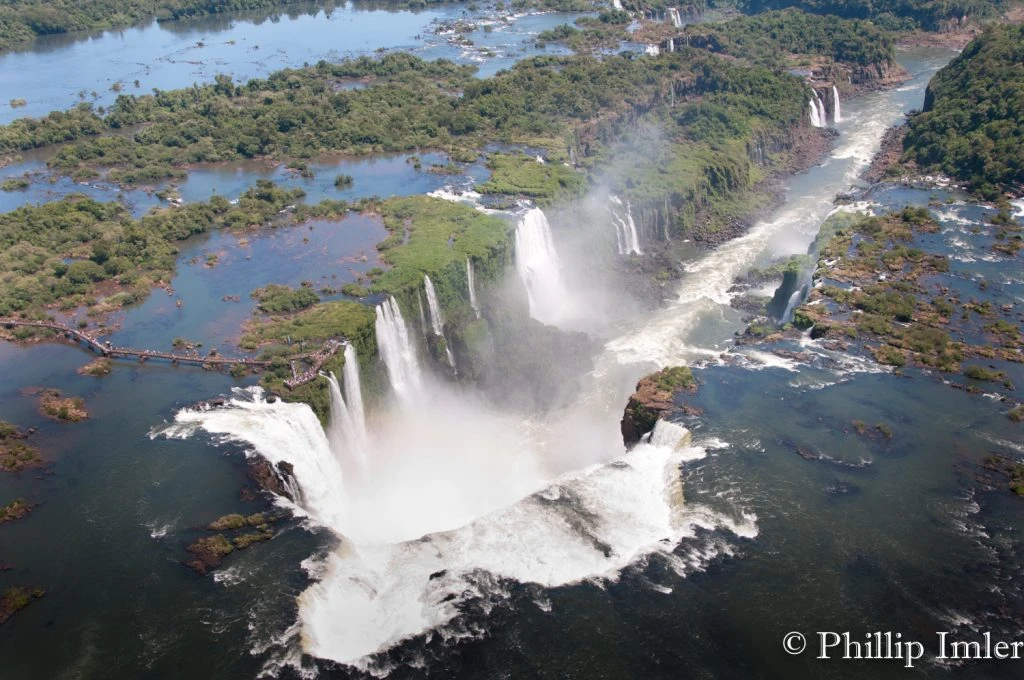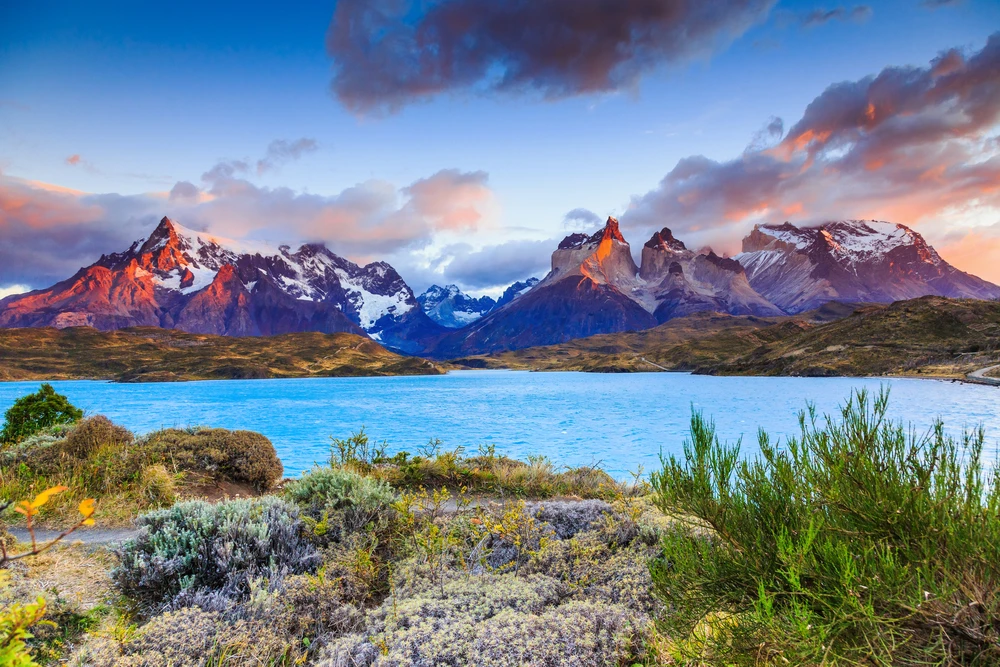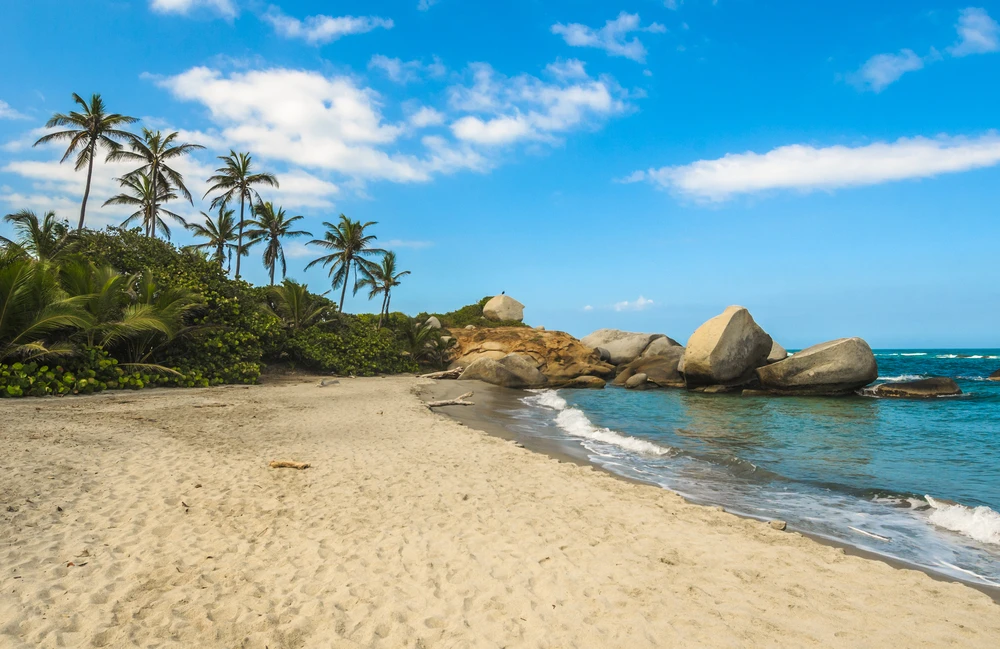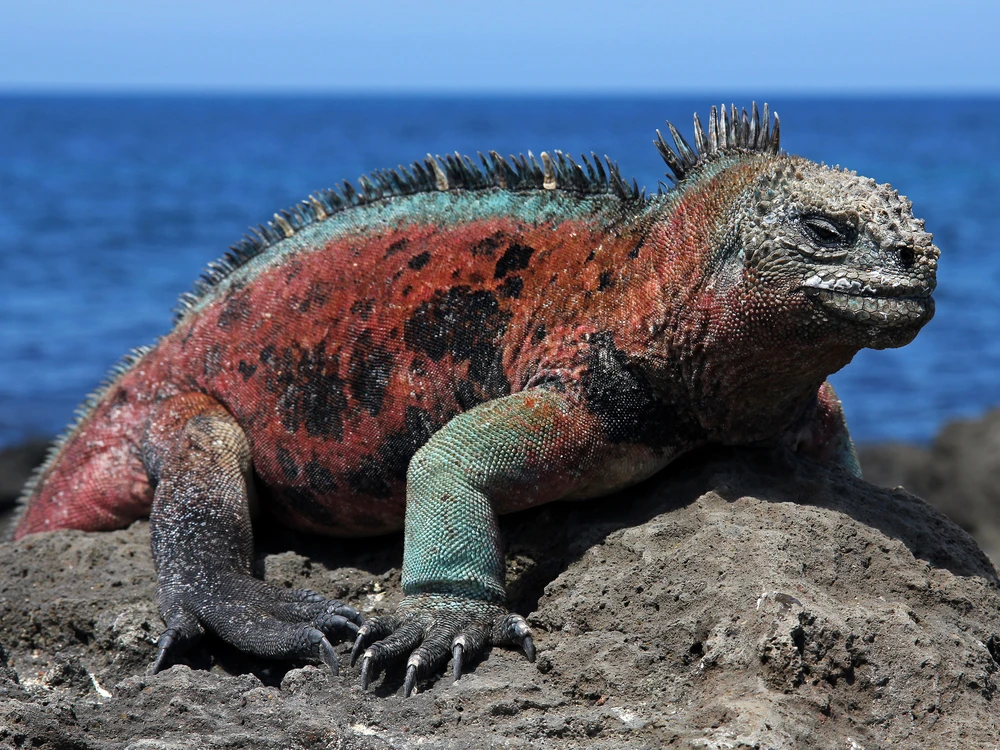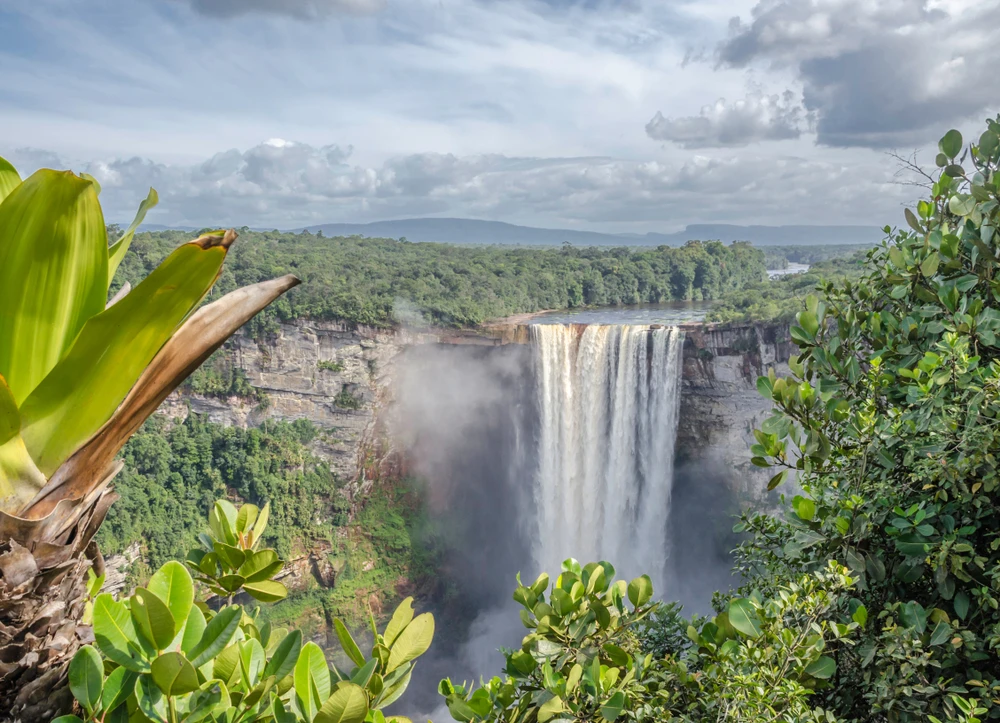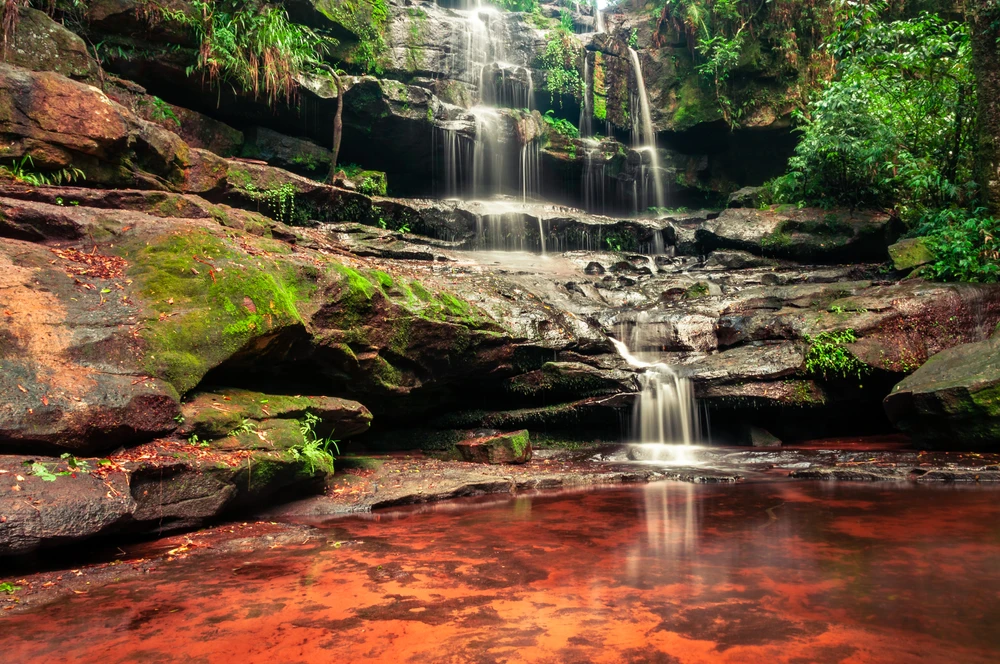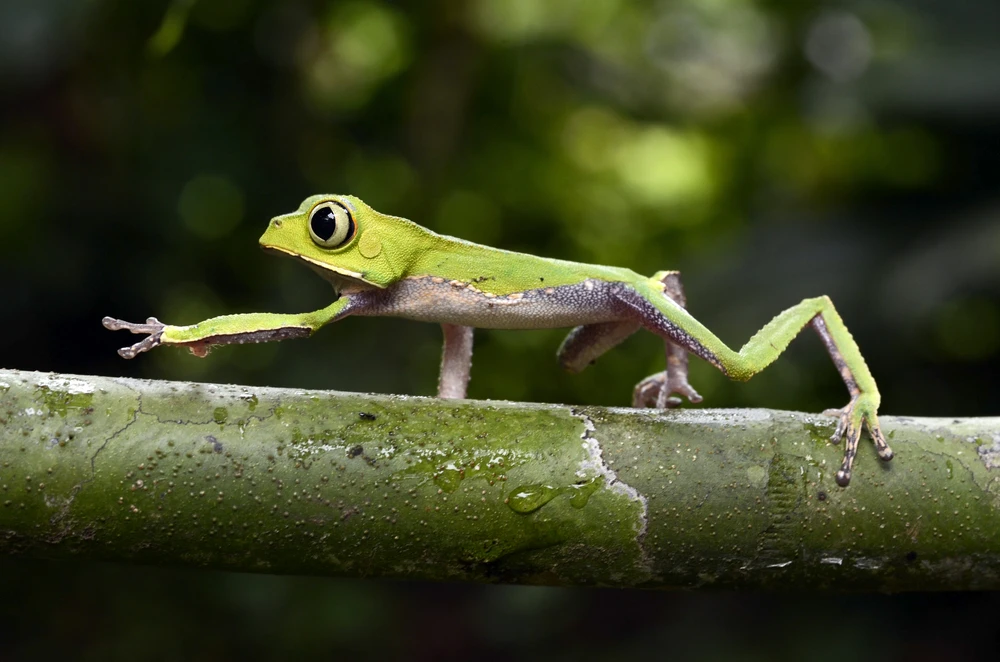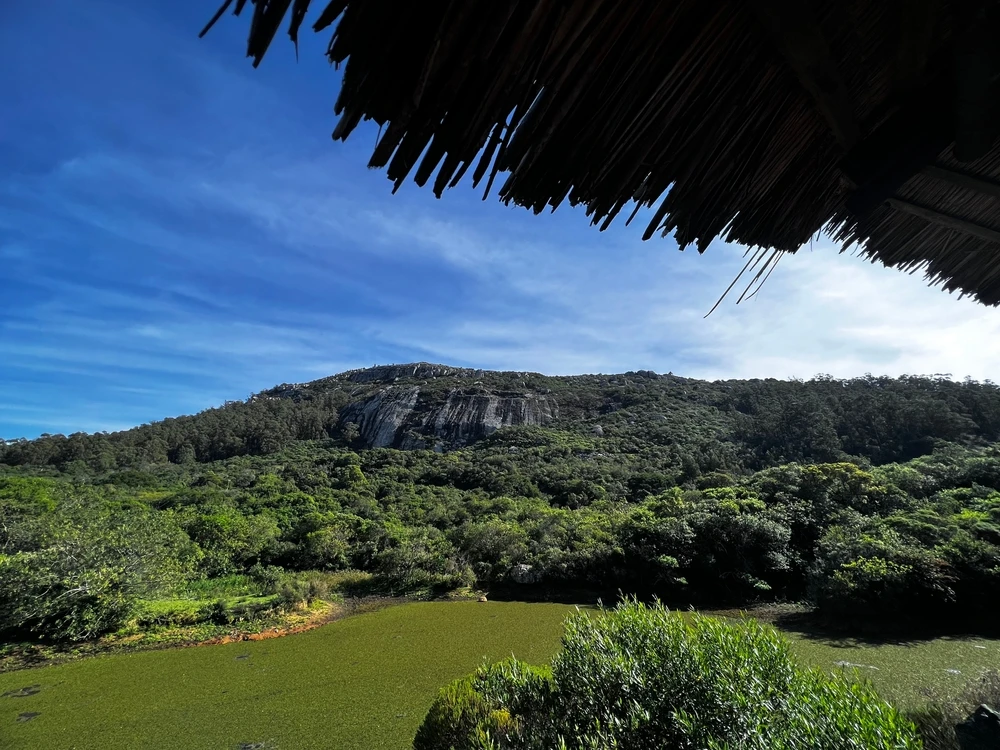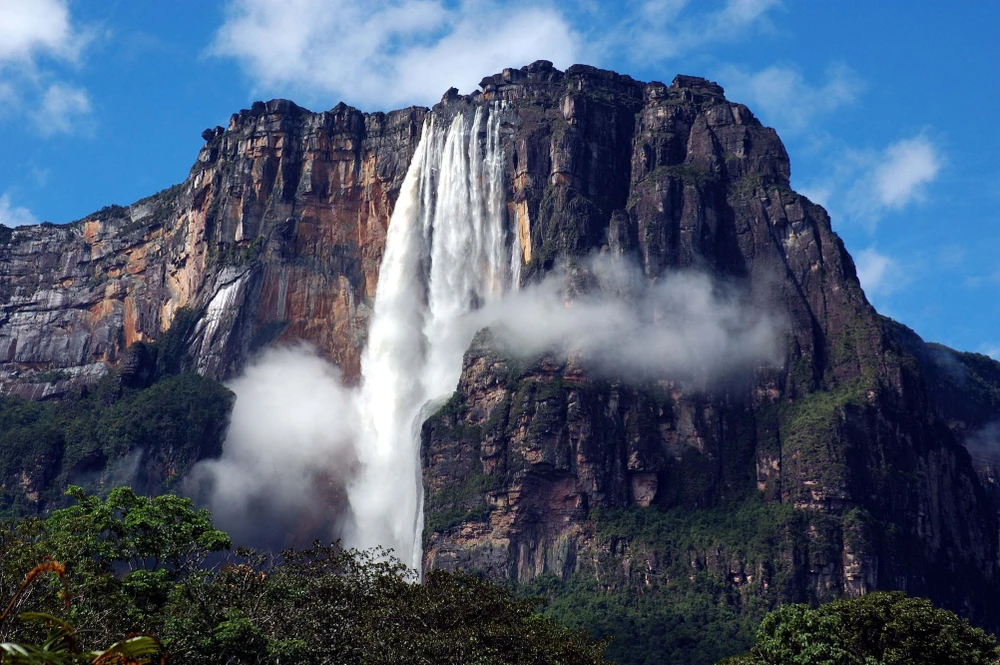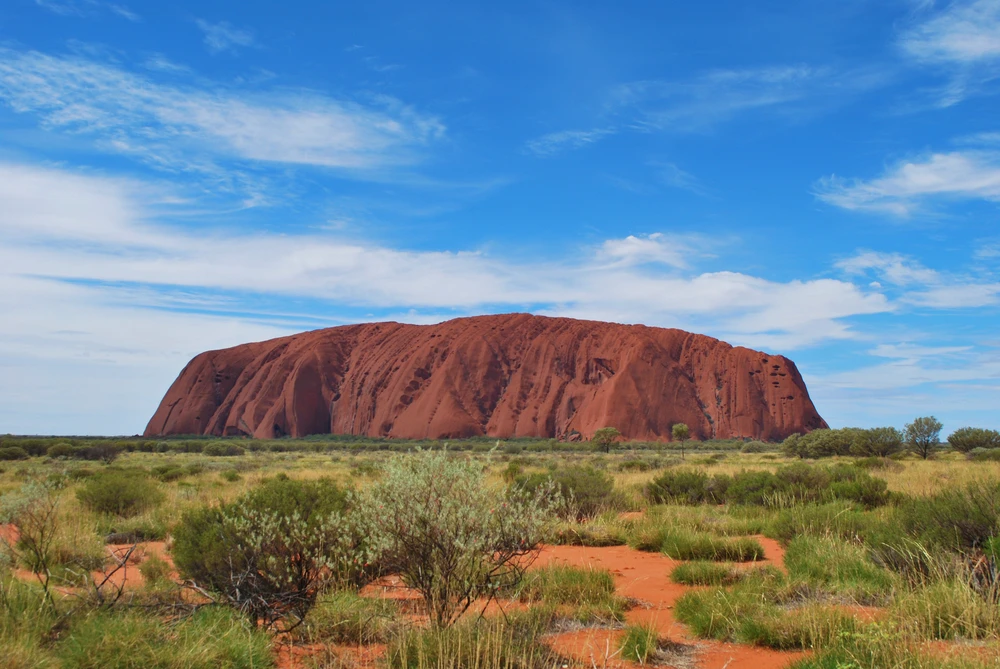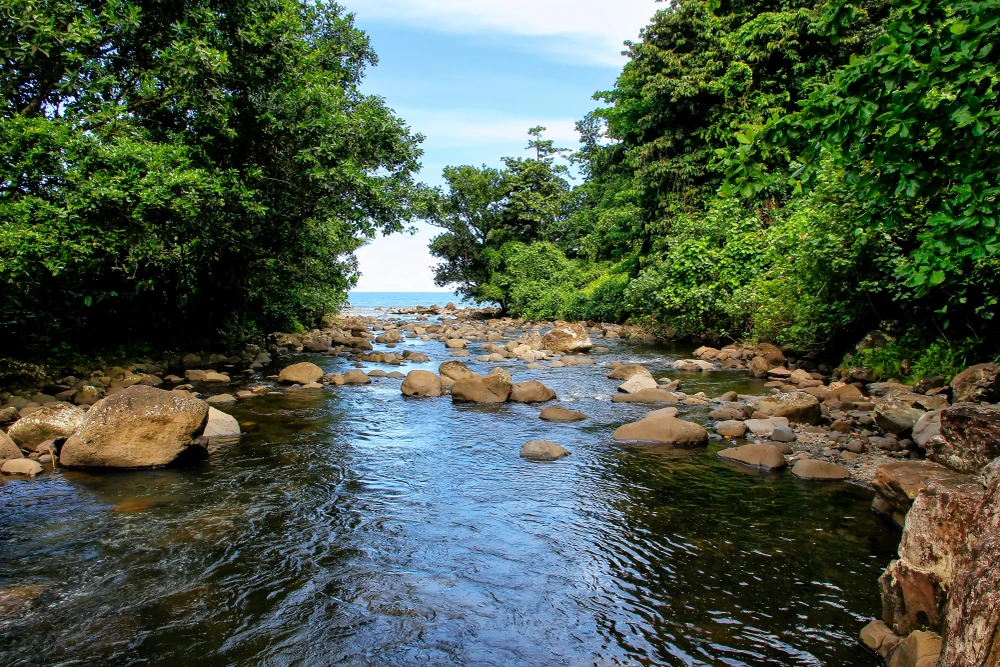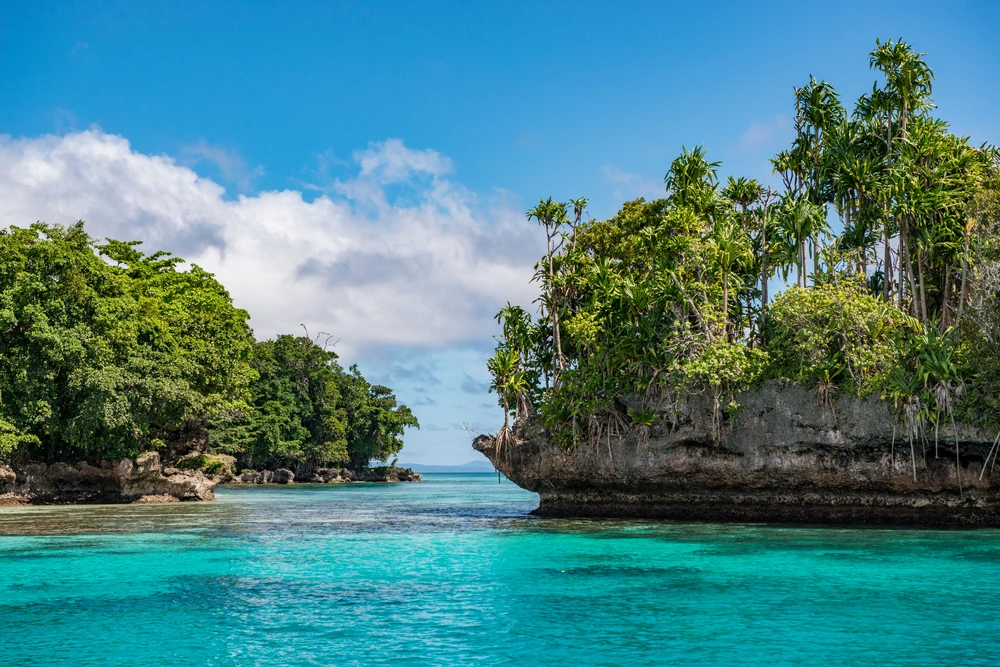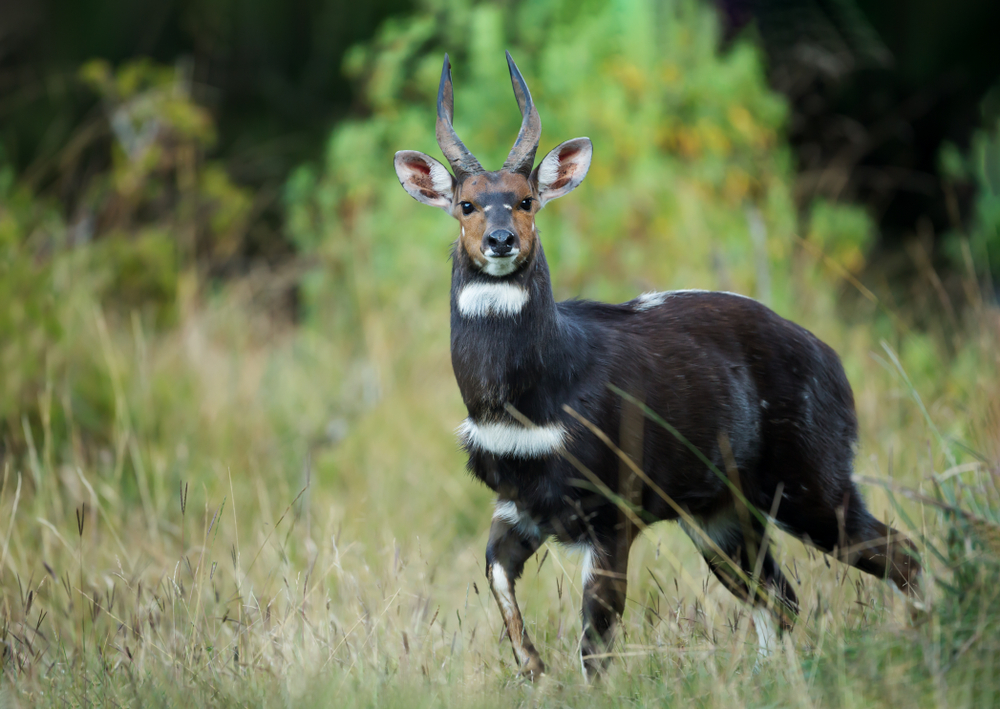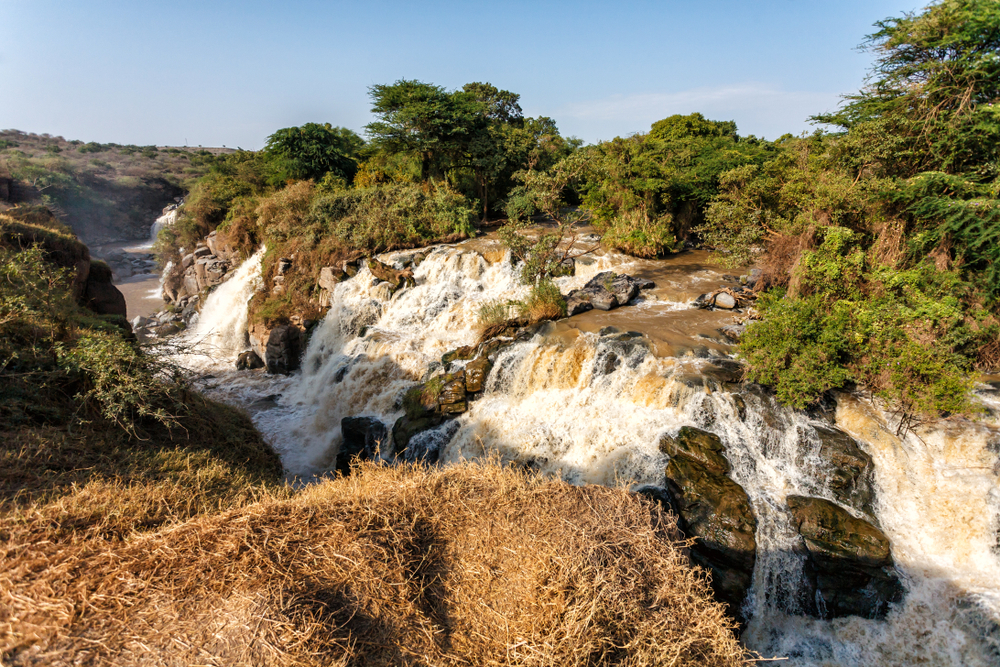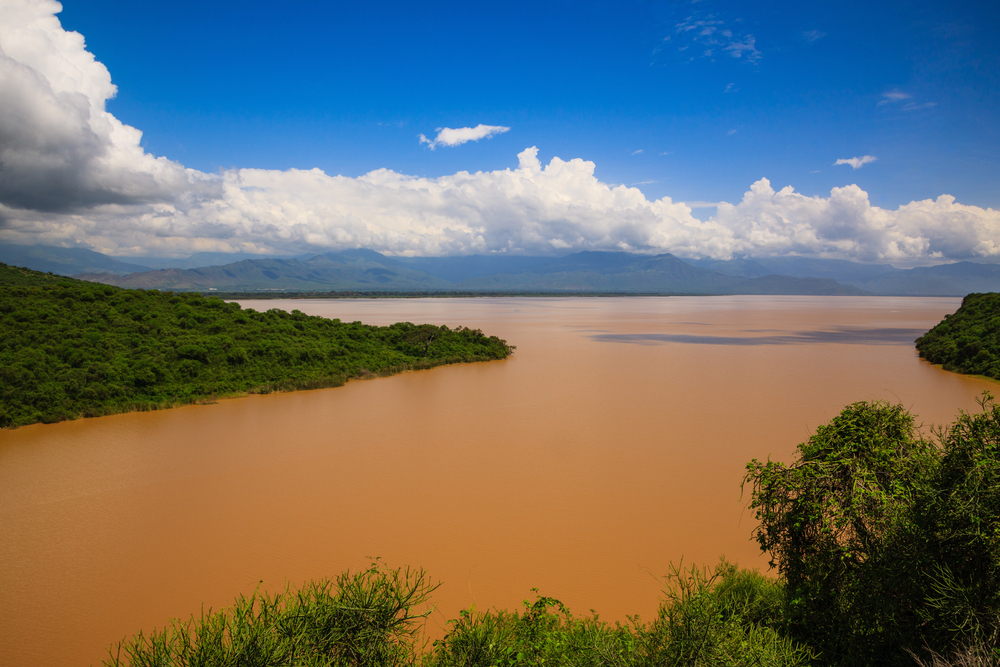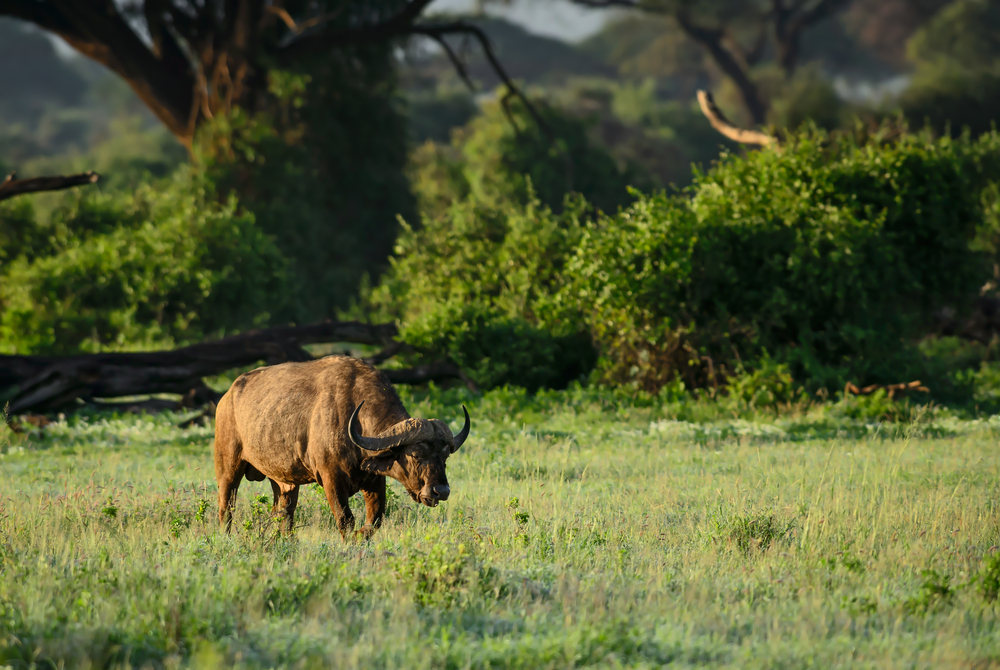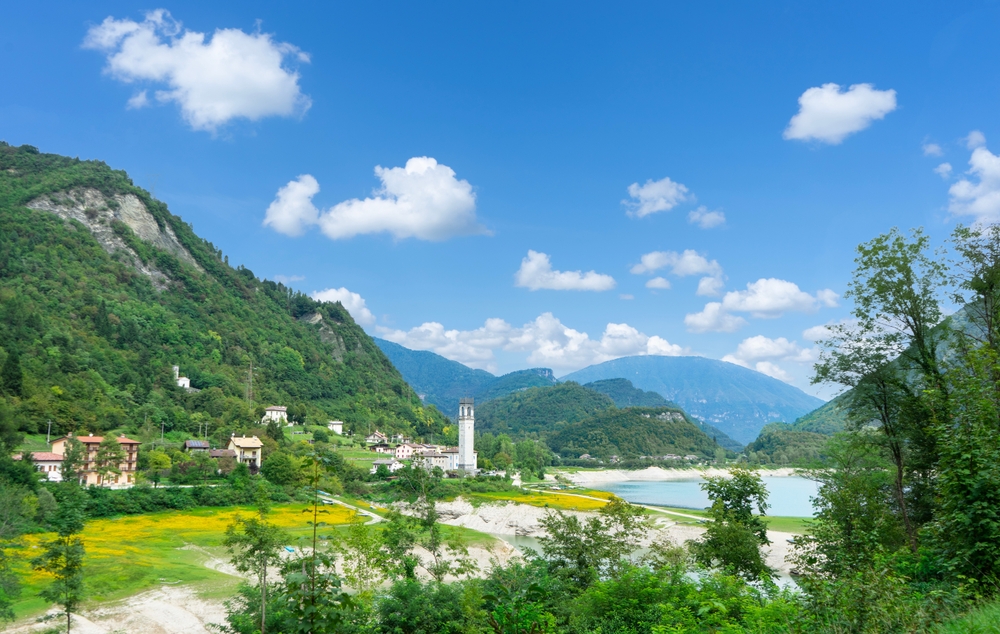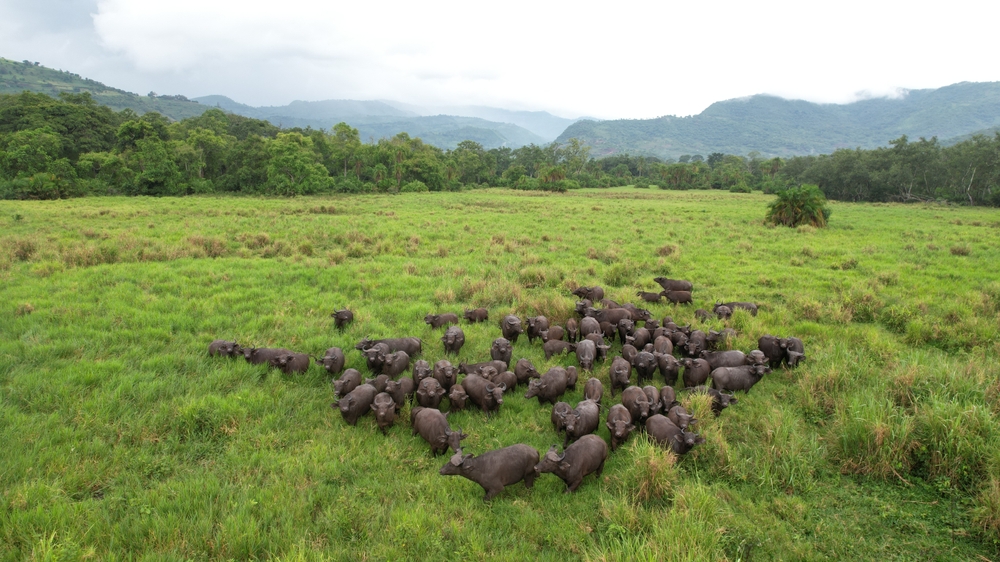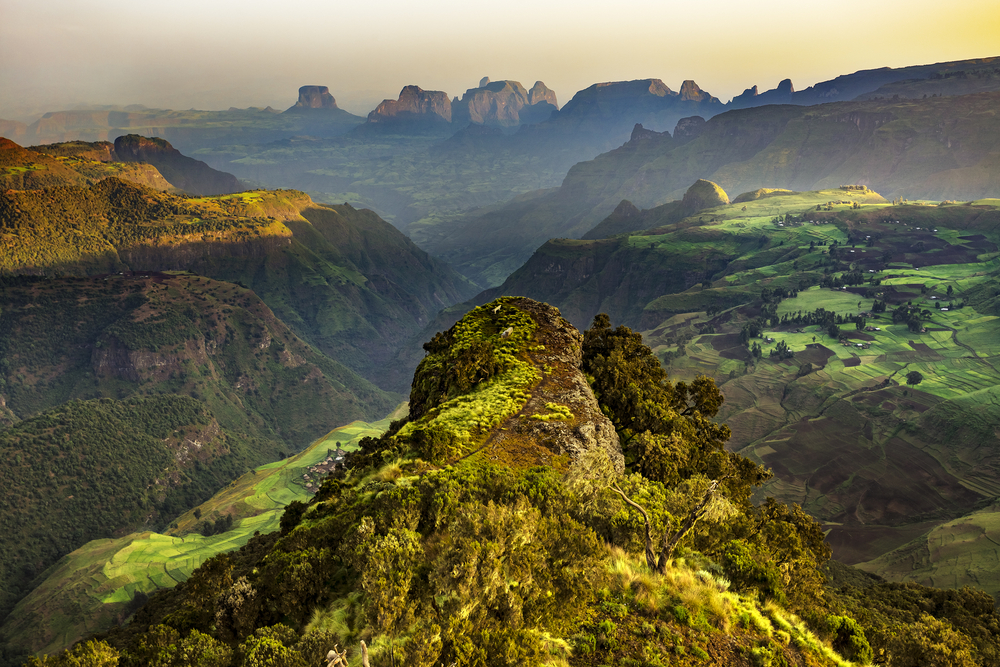Dati Wolel Overview
Dati Wolel National Park, sometimes referred to as “Dhati-Welel National Park”, is located in the Oromia Region of Ethiopia. Established to conserve the unique biodiversity of the region, the park spans an area of approximately 1,000 square kilometers (386 square miles). This protected area showcases Ethiopia’s rich natural heritage, with its diverse landscapes and ecosystems providing habitats for numerous species of flora and fauna. Dati Wolel is particularly valued for its role in maintaining ecological balance and supporting sustainable livelihoods for nearby communities.
The park’s terrain is a mix of rolling hills, valleys, dense woodlands, and grasslands, making it an ecologically diverse area. The altitudes in the park range from 1,500 to 3,000 meters above sea level, contributing to a variety of microclimates. The region’s river systems, including the Dhati and Welel Rivers, play a crucial role in nourishing the vegetation and supporting wildlife. The park’s woodlands are dominated by indigenous tree species, including acacias and junipers, while its grasslands provide grazing grounds for herbivores.
Dati Wolel National Park is home to a variety of wildlife, including some of Ethiopia’s most iconic and endangered species. Large mammals such as leopards, hyenas, and lions inhabit the park, alongside herbivores like bushbucks and warthogs. The park is also a haven for birdlife, with species such as the Abyssinian catbird, white-cheeked turaco, and blue-breasted bee-eater frequently observed. Reptiles and amphibians thrive in the park’s wetland areas, contributing to its biodiversity.
Visitors to Dati Wolel National Park can explore its natural beauty through guided hikes, birdwatching excursions, and wildlife safaris. The park’s diverse terrain offers excellent opportunities for trekking, with scenic viewpoints and tranquil spots for picnicking. The rivers provide habitats for aquatic species and add a serene element to the landscape. Cultural interactions with nearby Oromo communities enhance the visitor experience, offering insights into traditional practices and their harmonious coexistence with nature.
Despite its ecological importance, Dati Wolel National Park faces challenges, including habitat loss due to agricultural expansion, poaching, and deforestation. The pressure from nearby human populations and climate change further threatens its ecosystems. Conservation efforts by Ethiopia’s government, in collaboration with local and international partners, focus on protecting wildlife, restoring habitats, and promoting sustainable tourism. Community engagement programs aim to involve local people in conservation activities, fostering a sense of stewardship and shared responsibility.
Dati Wolel National Park is a vital part of Ethiopia’s network of protected areas. Its diverse landscapes, wildlife, and cultural connections make it an essential area for conservation and an attractive destination for eco-tourism. By protecting this park, Ethiopia ensures the preservation of its natural heritage and supports sustainable development for future generations.

